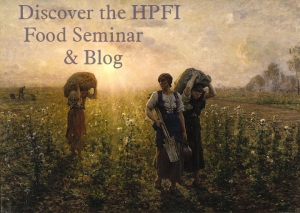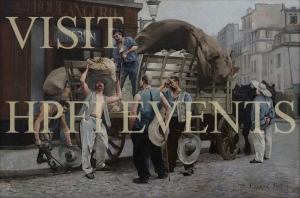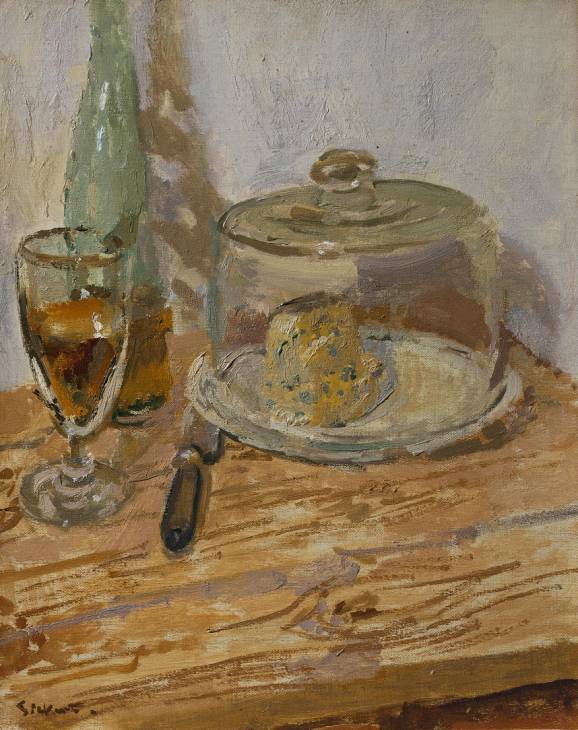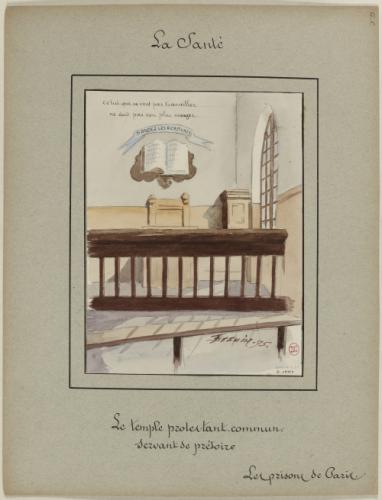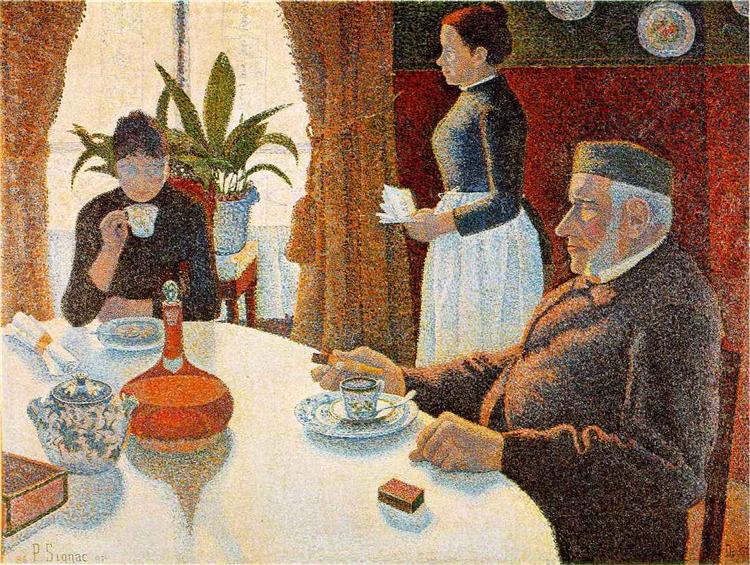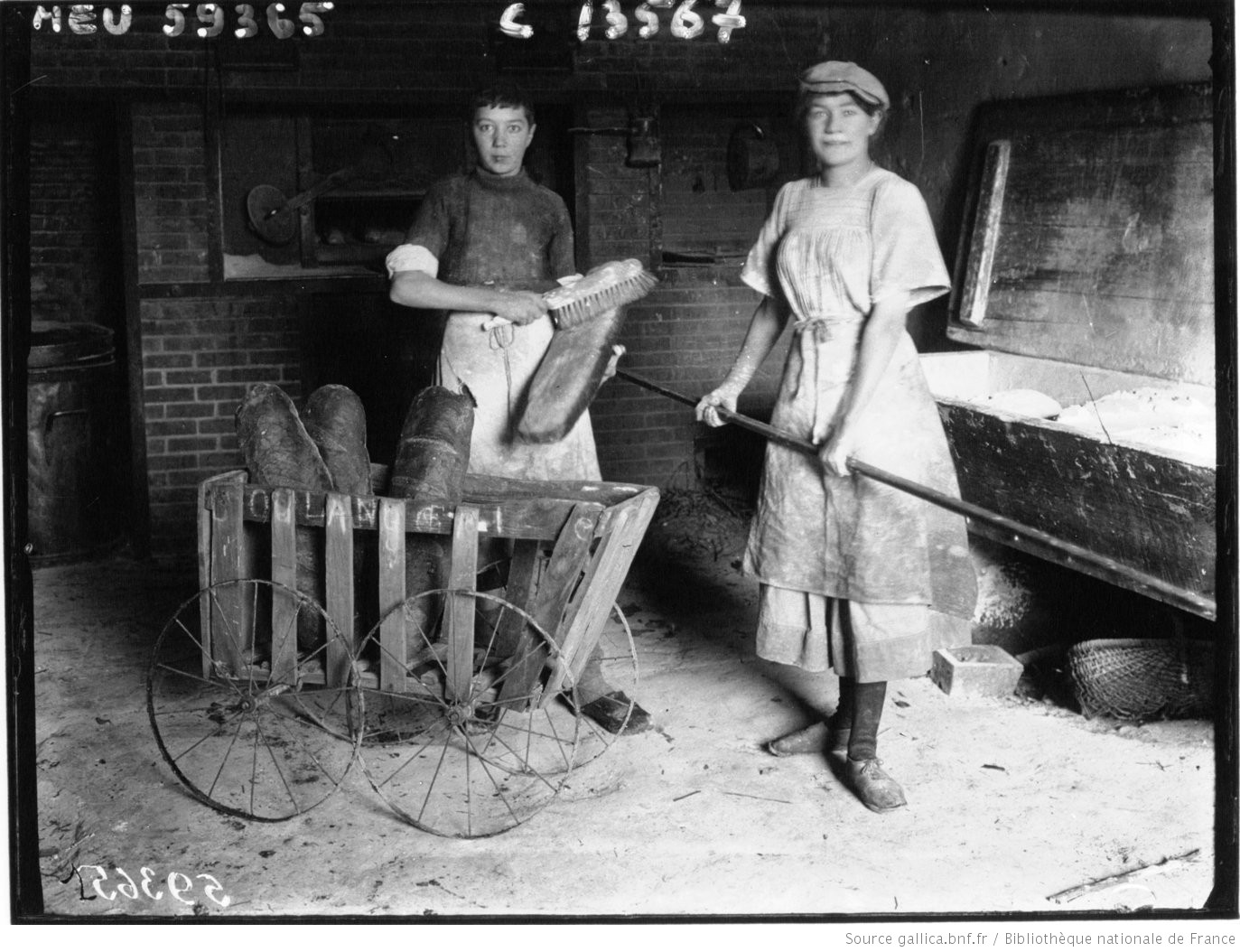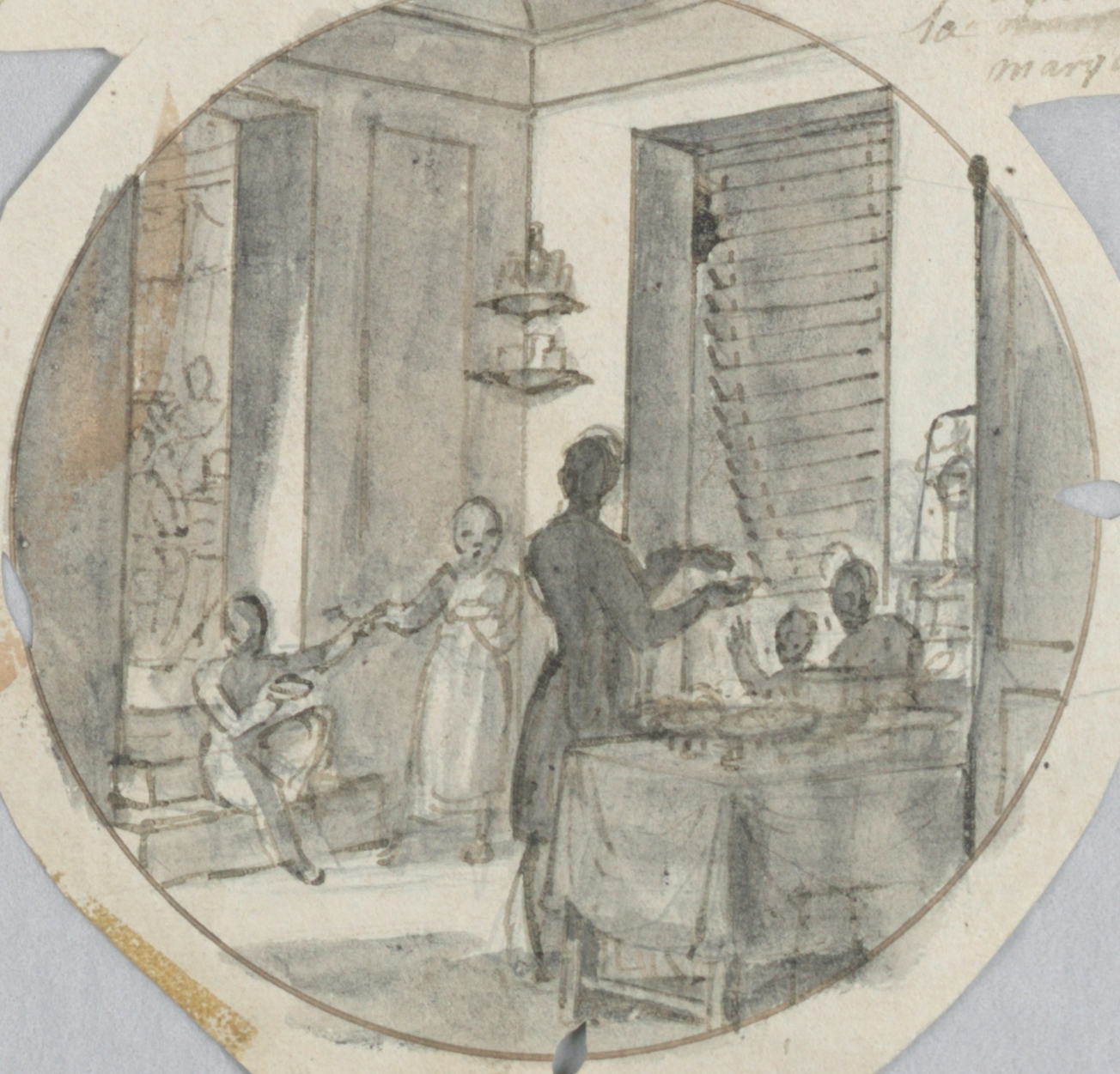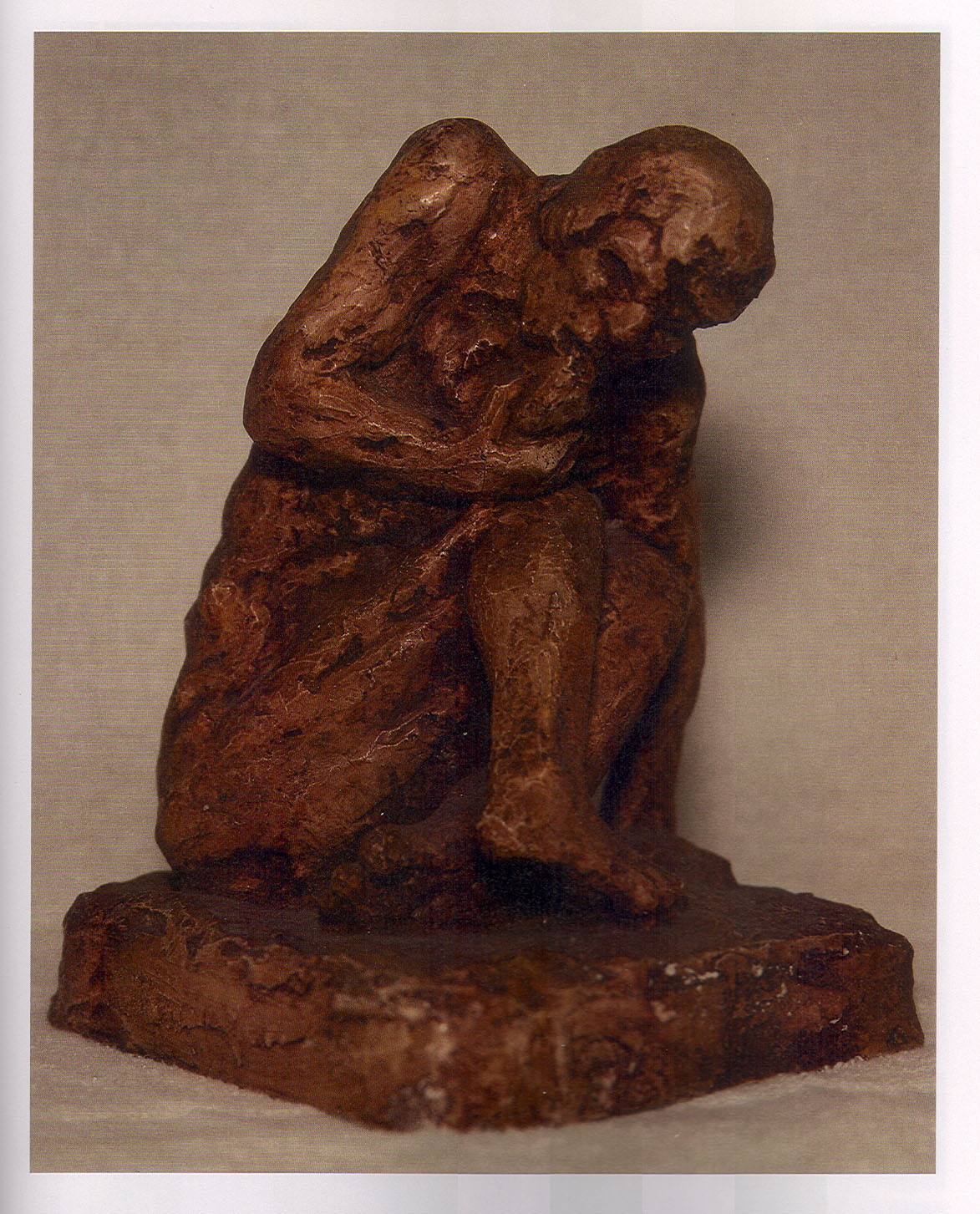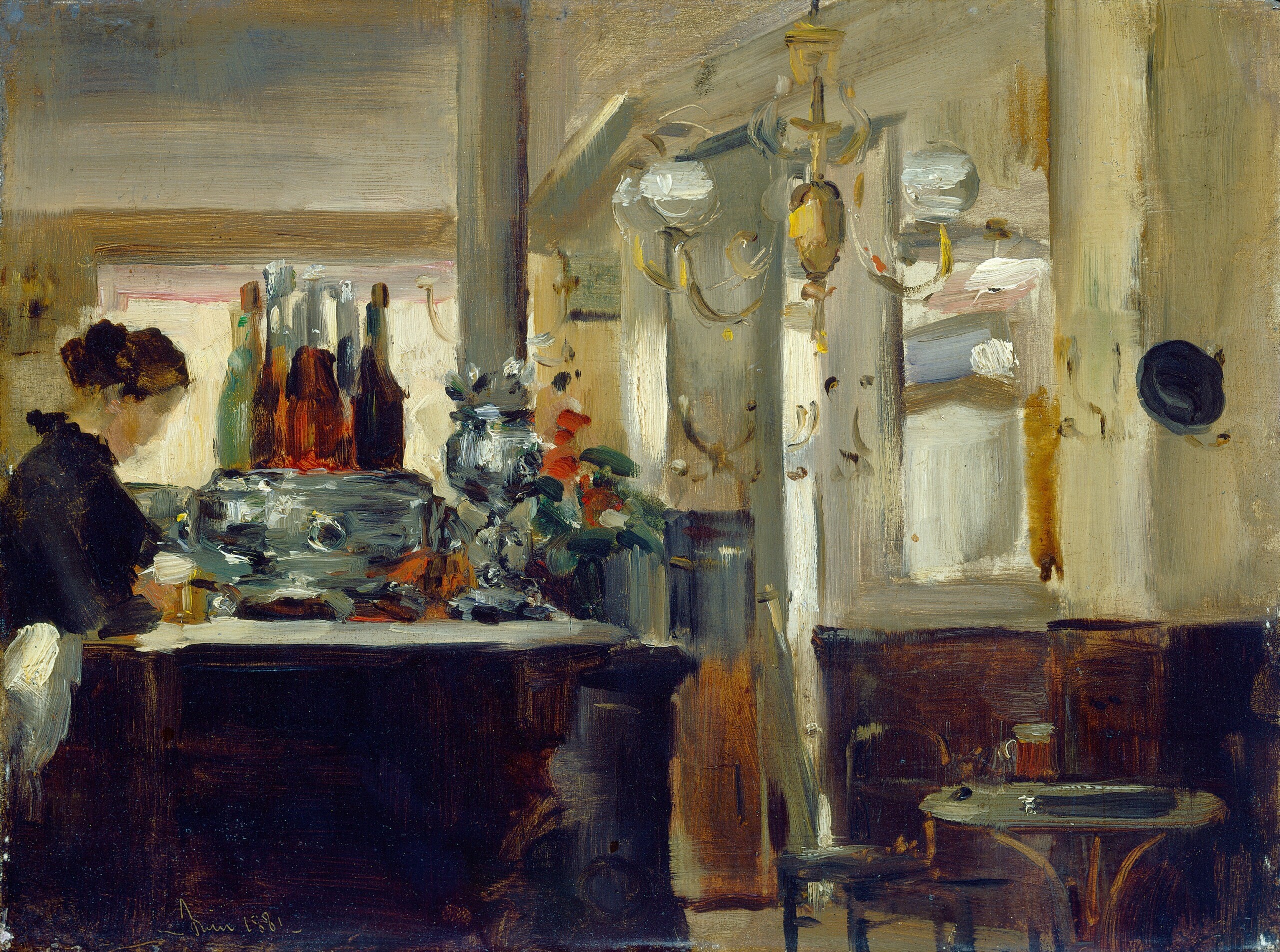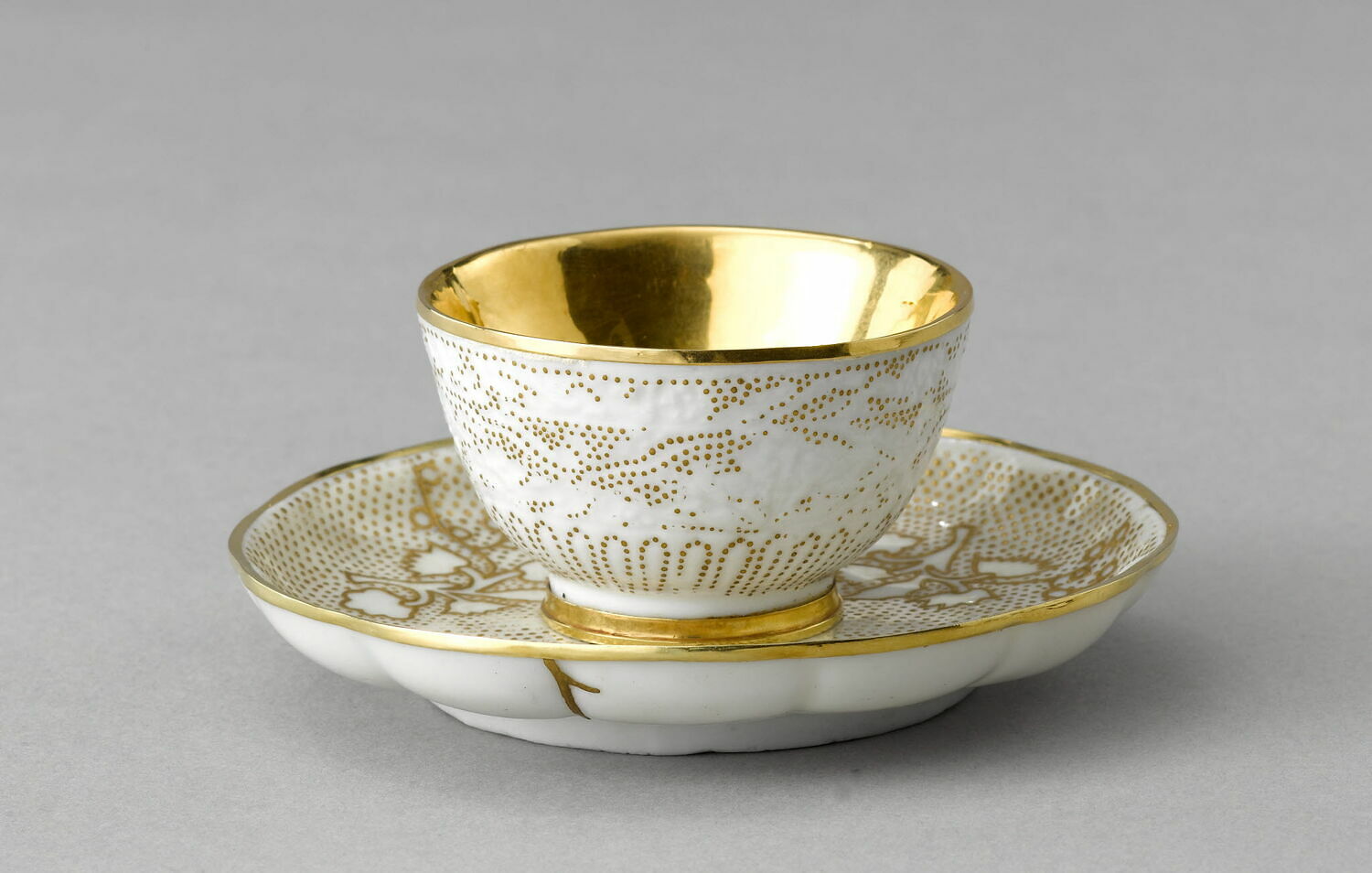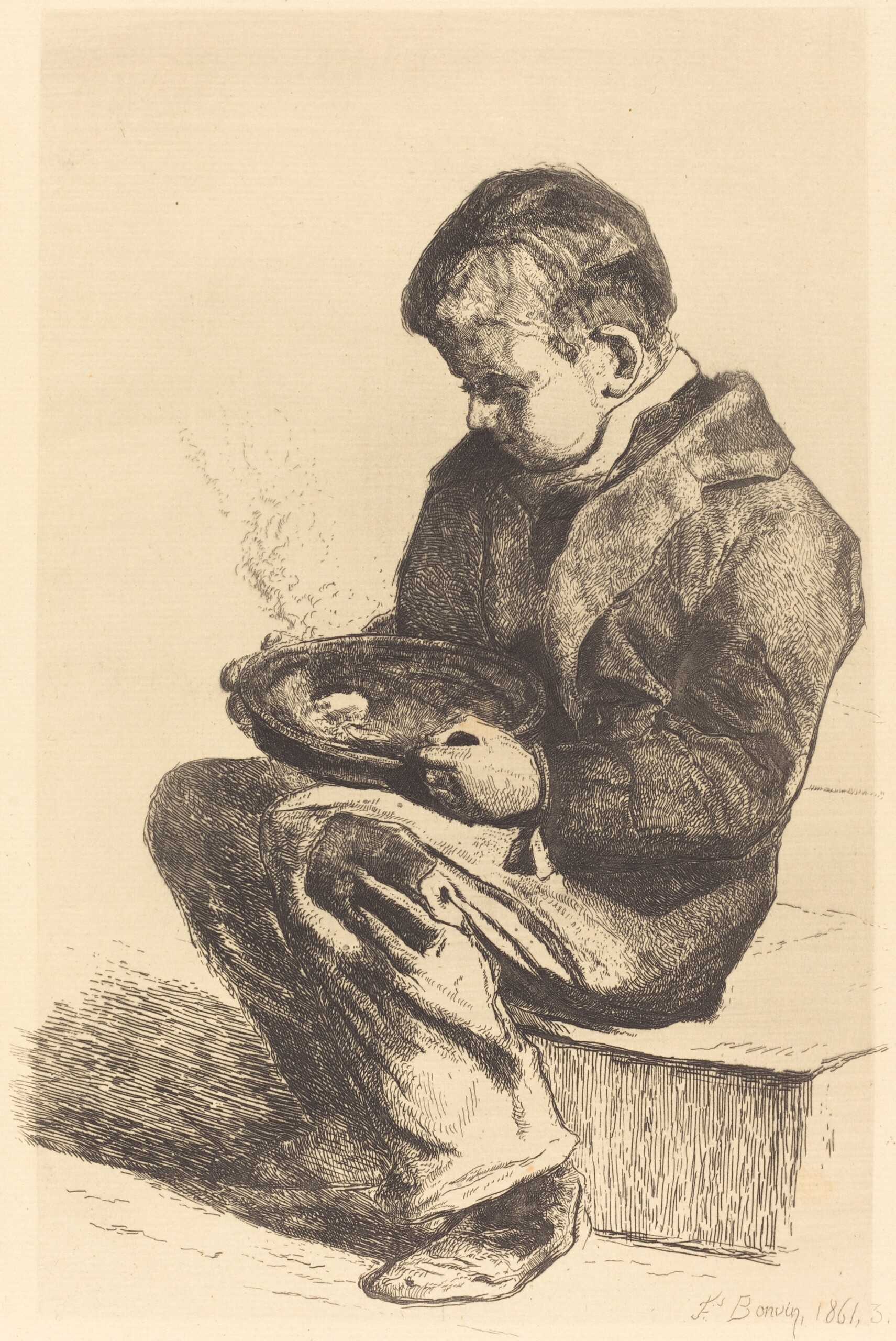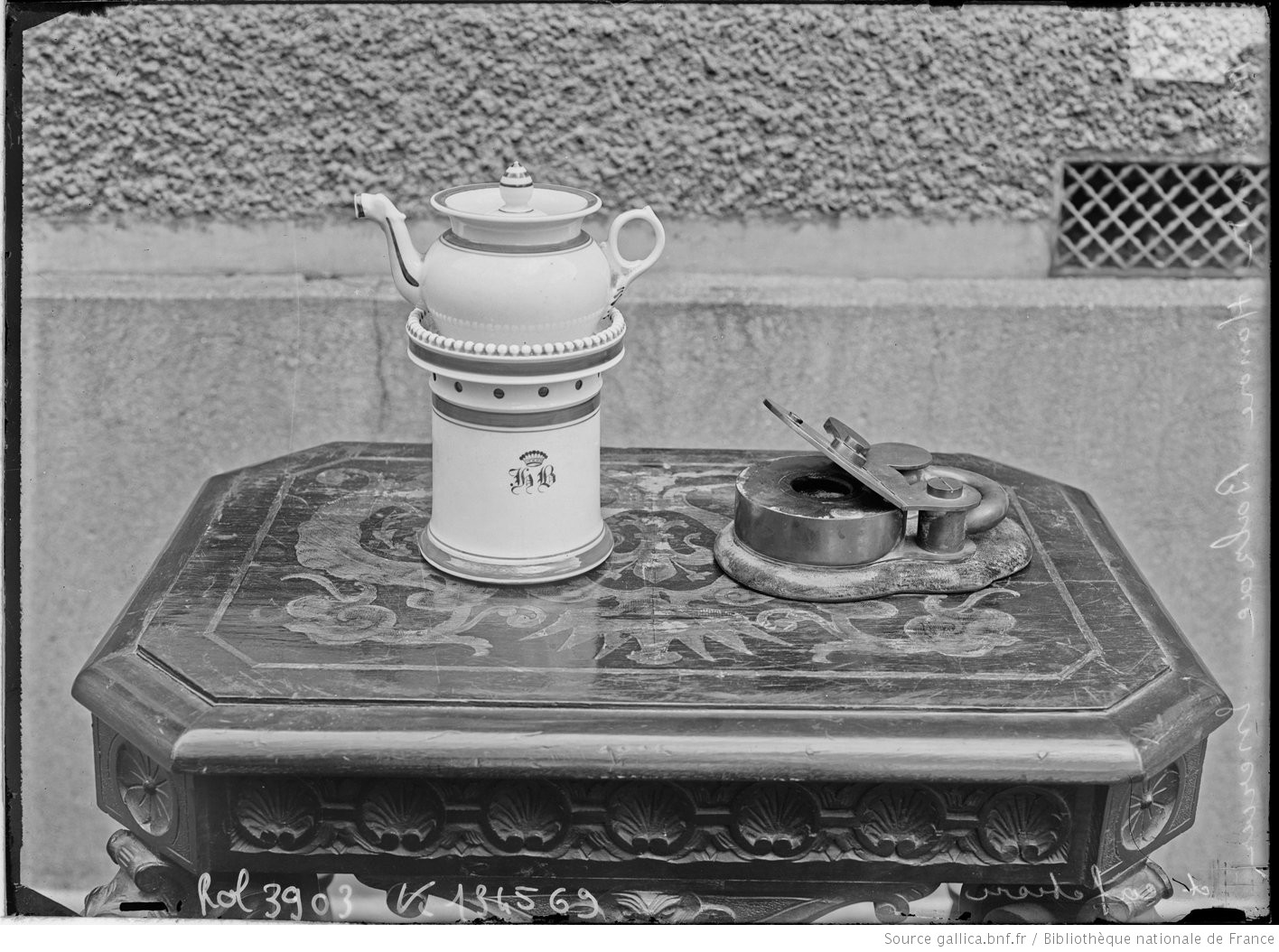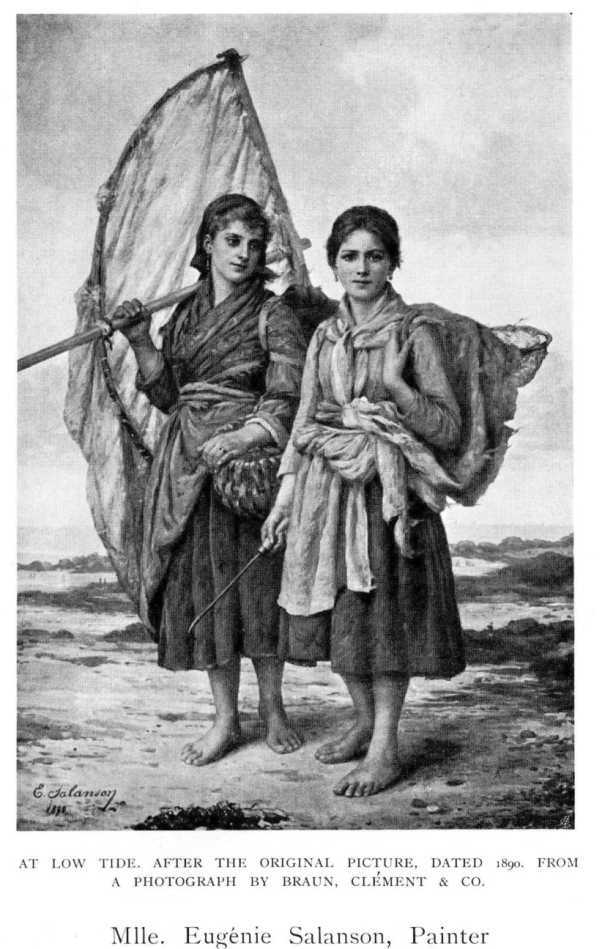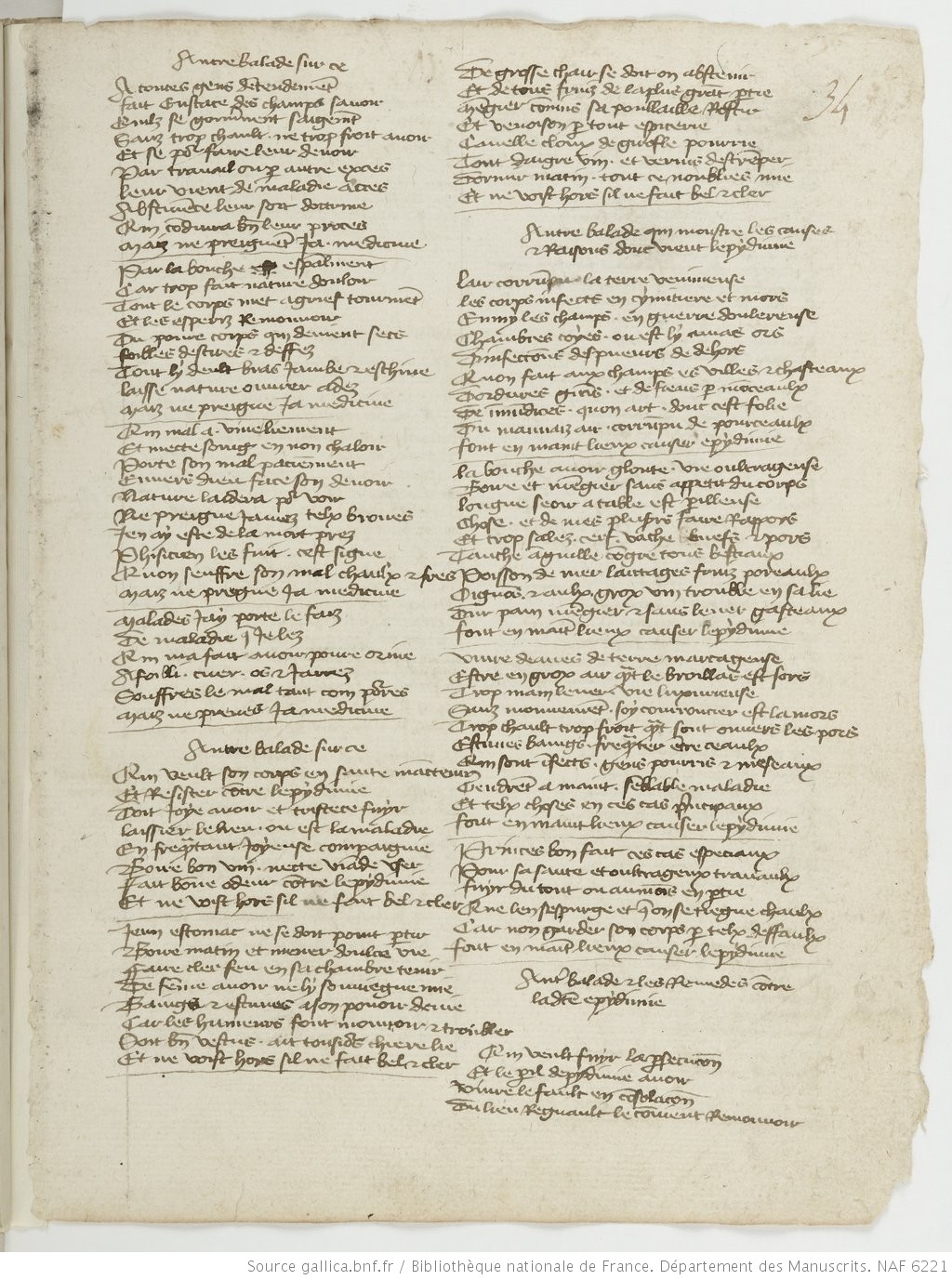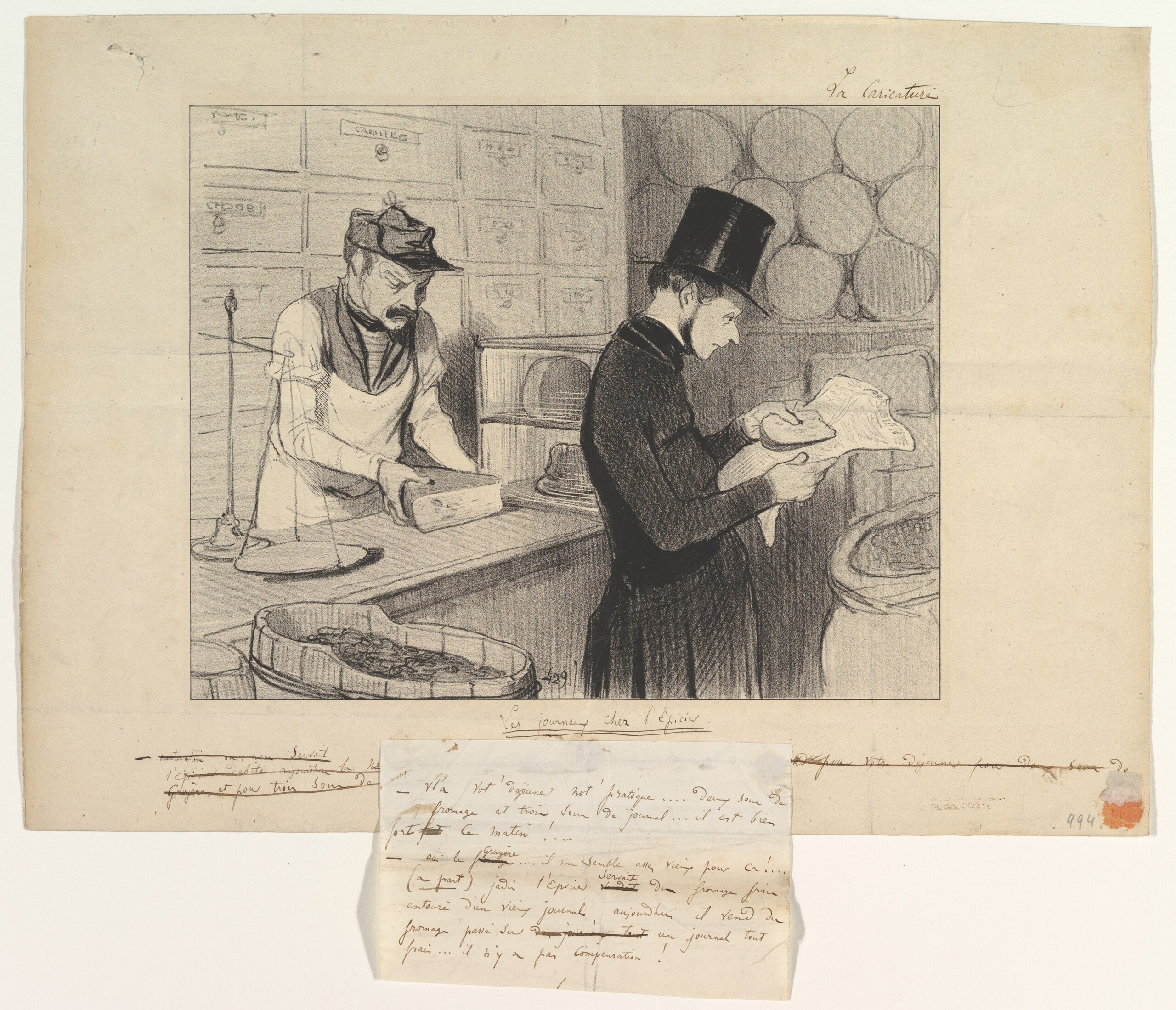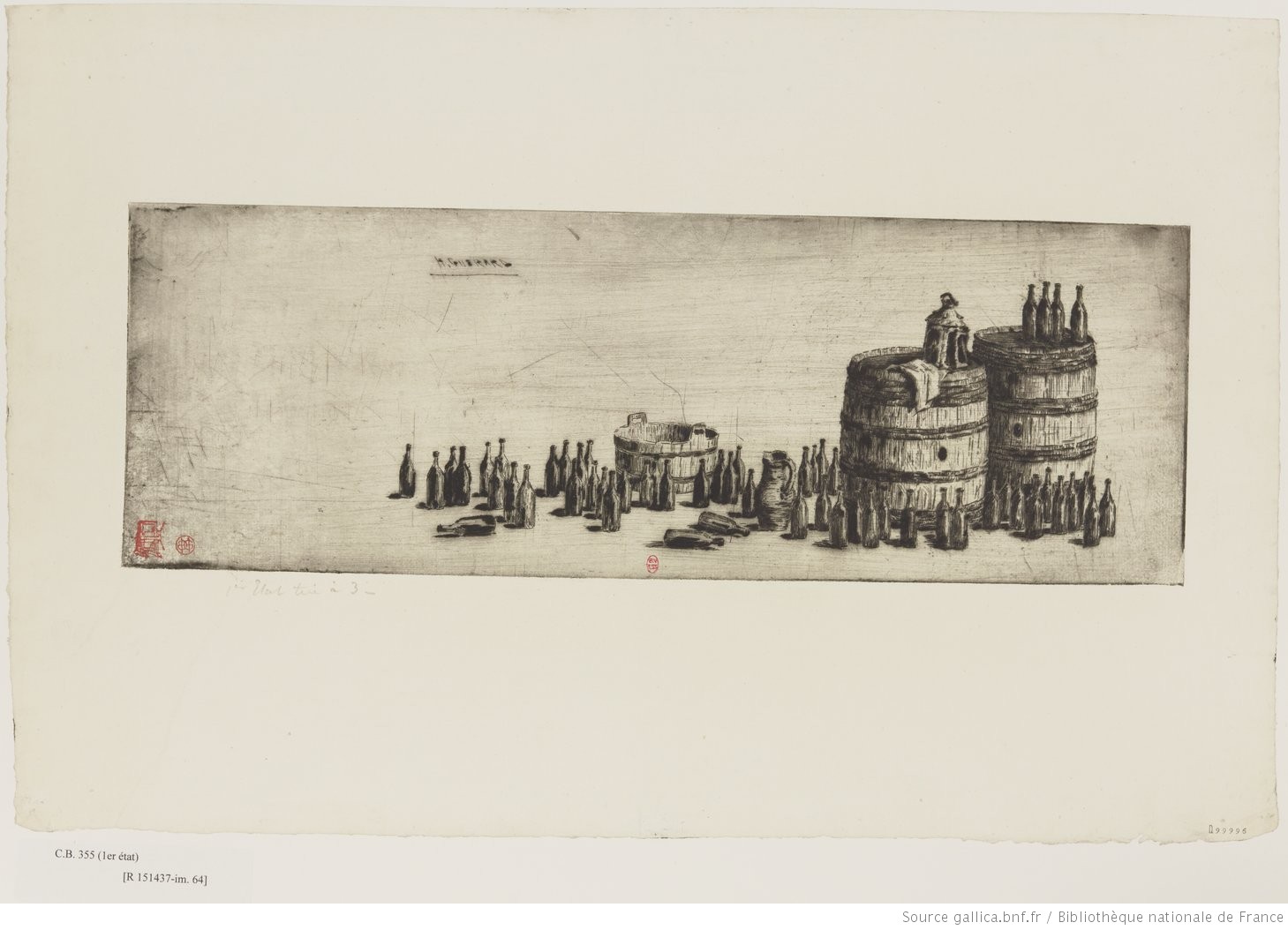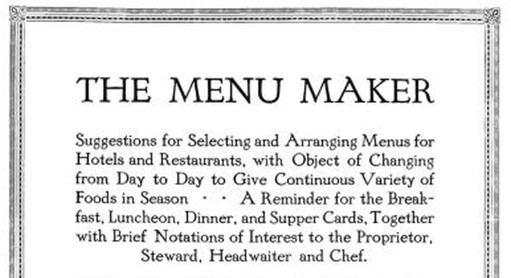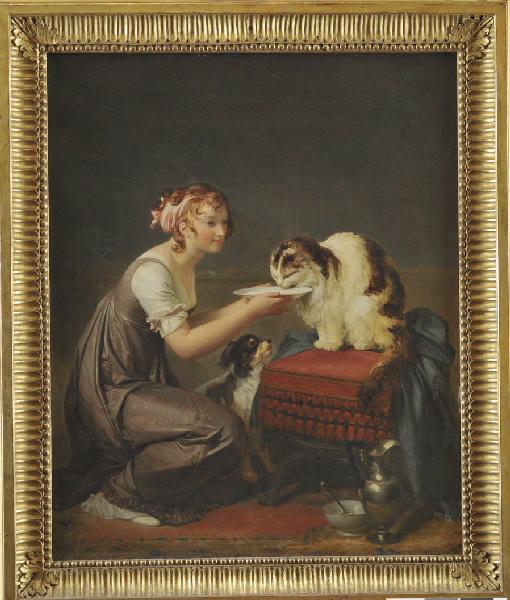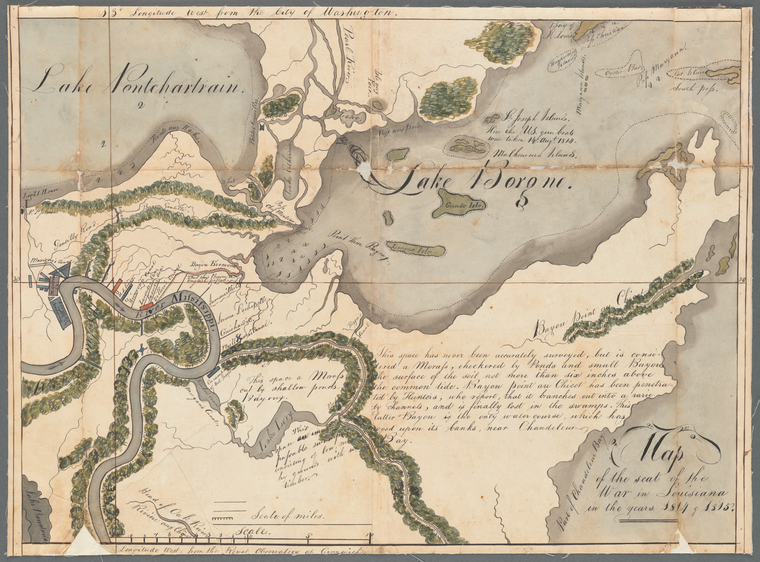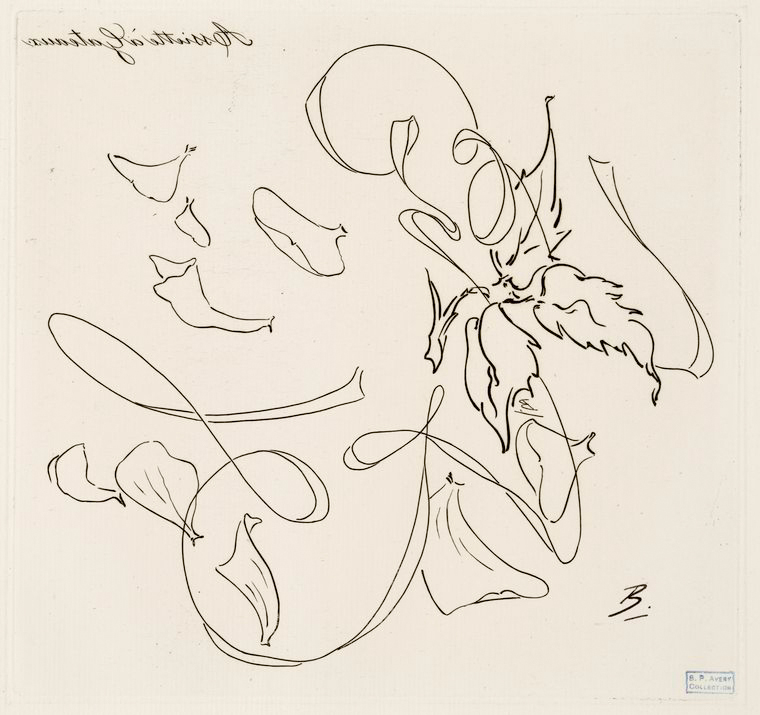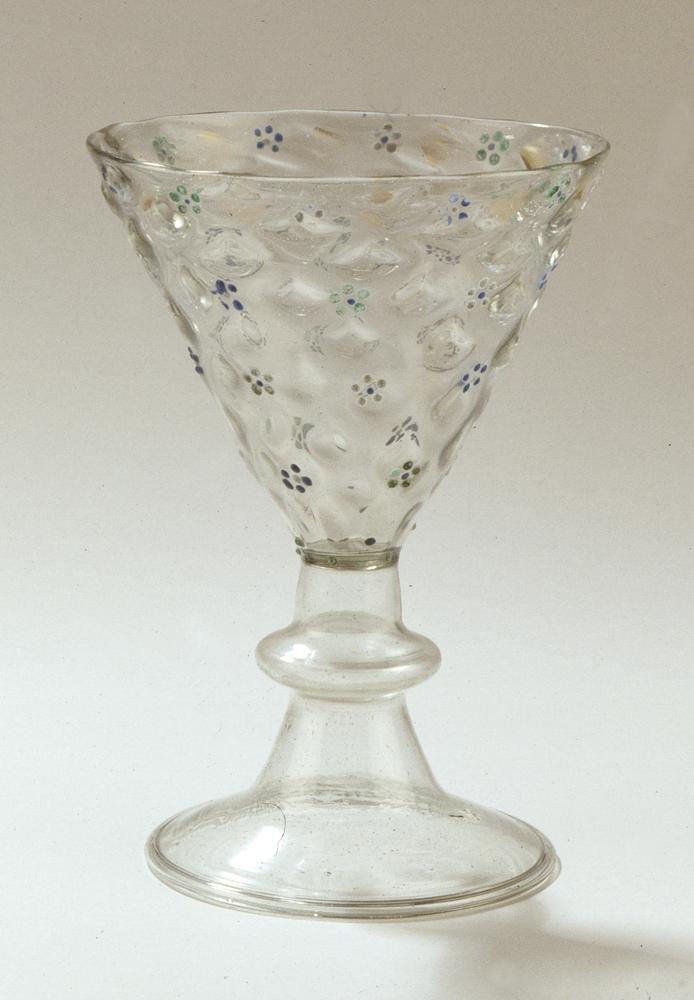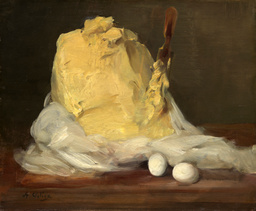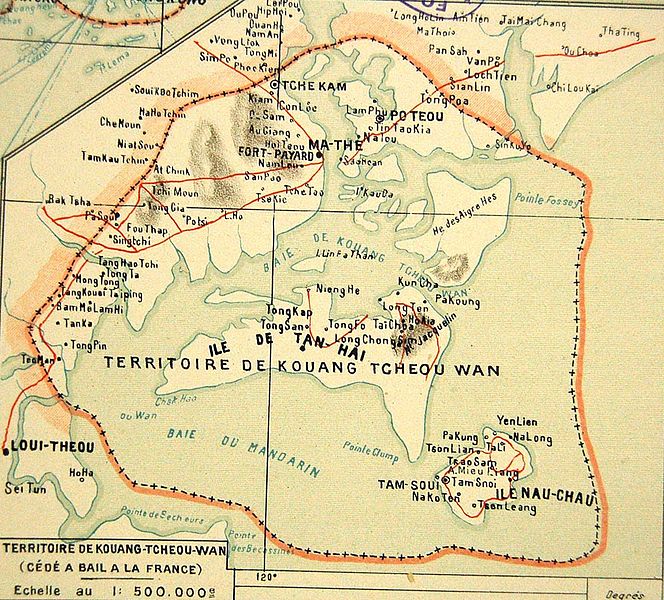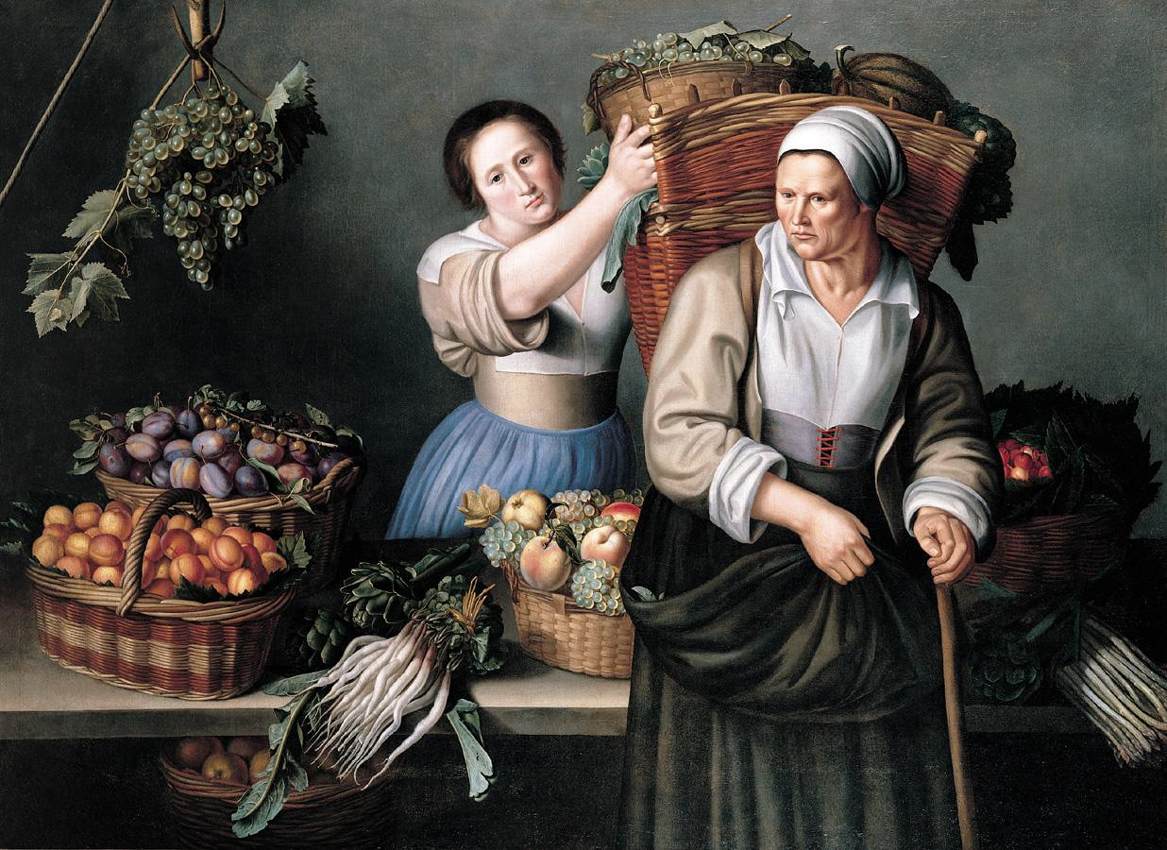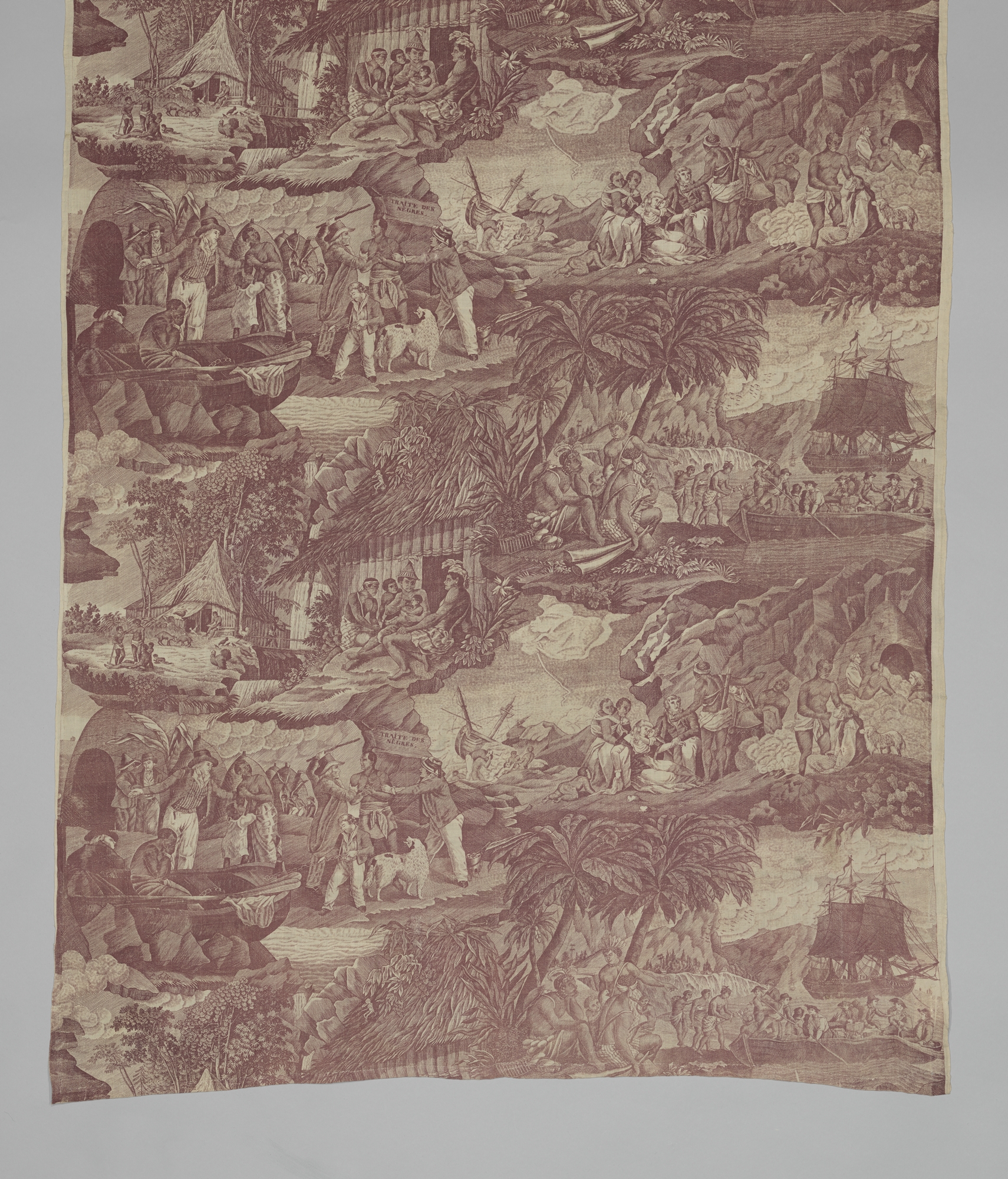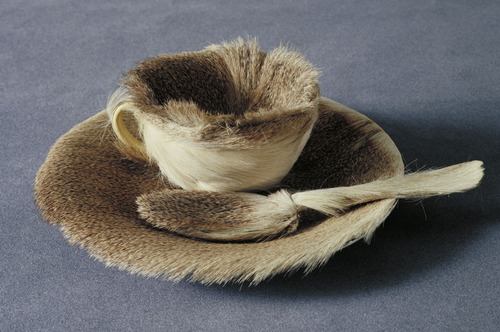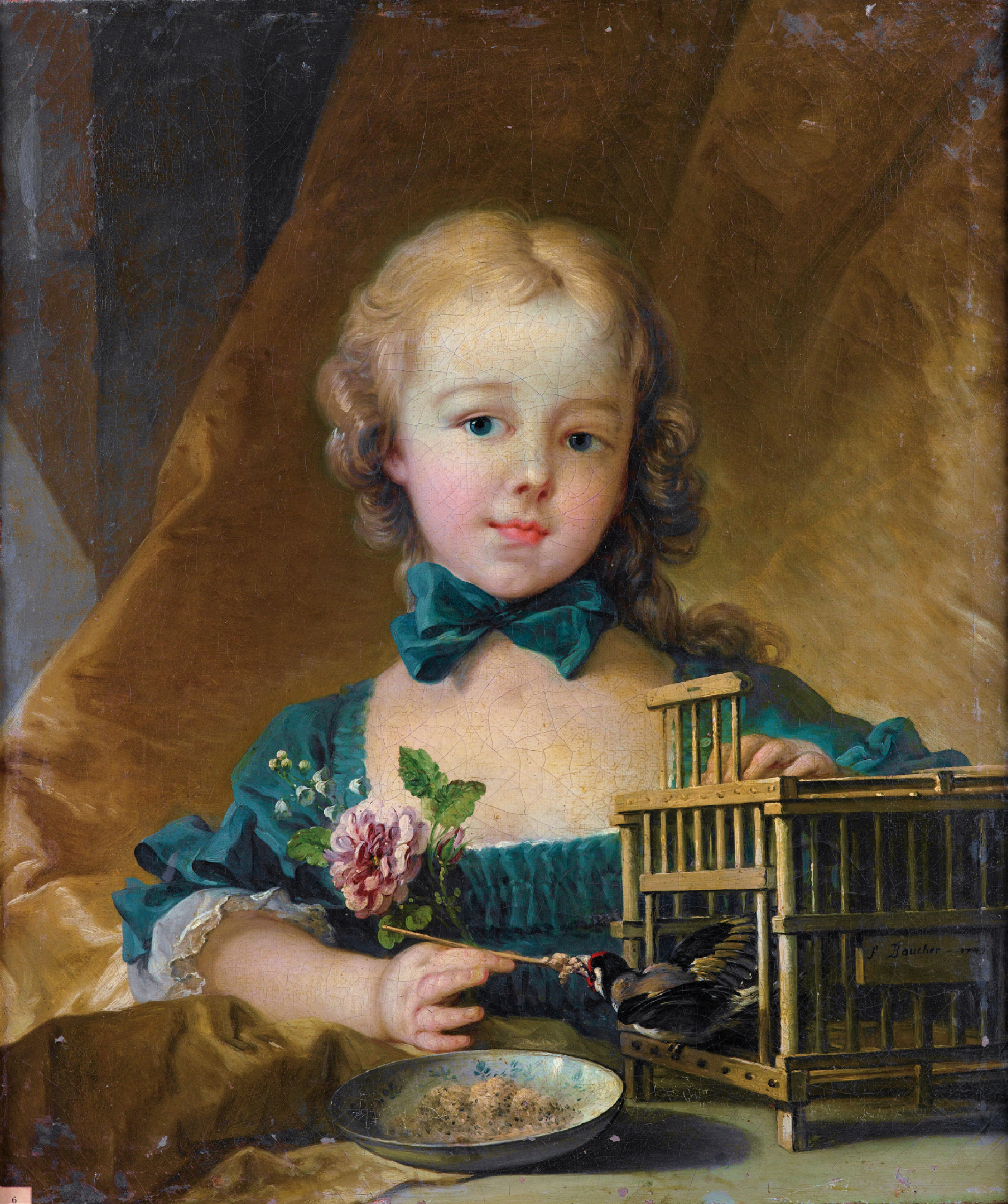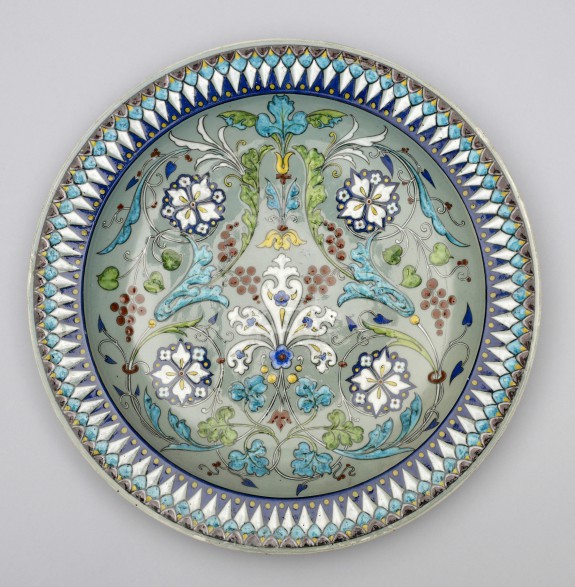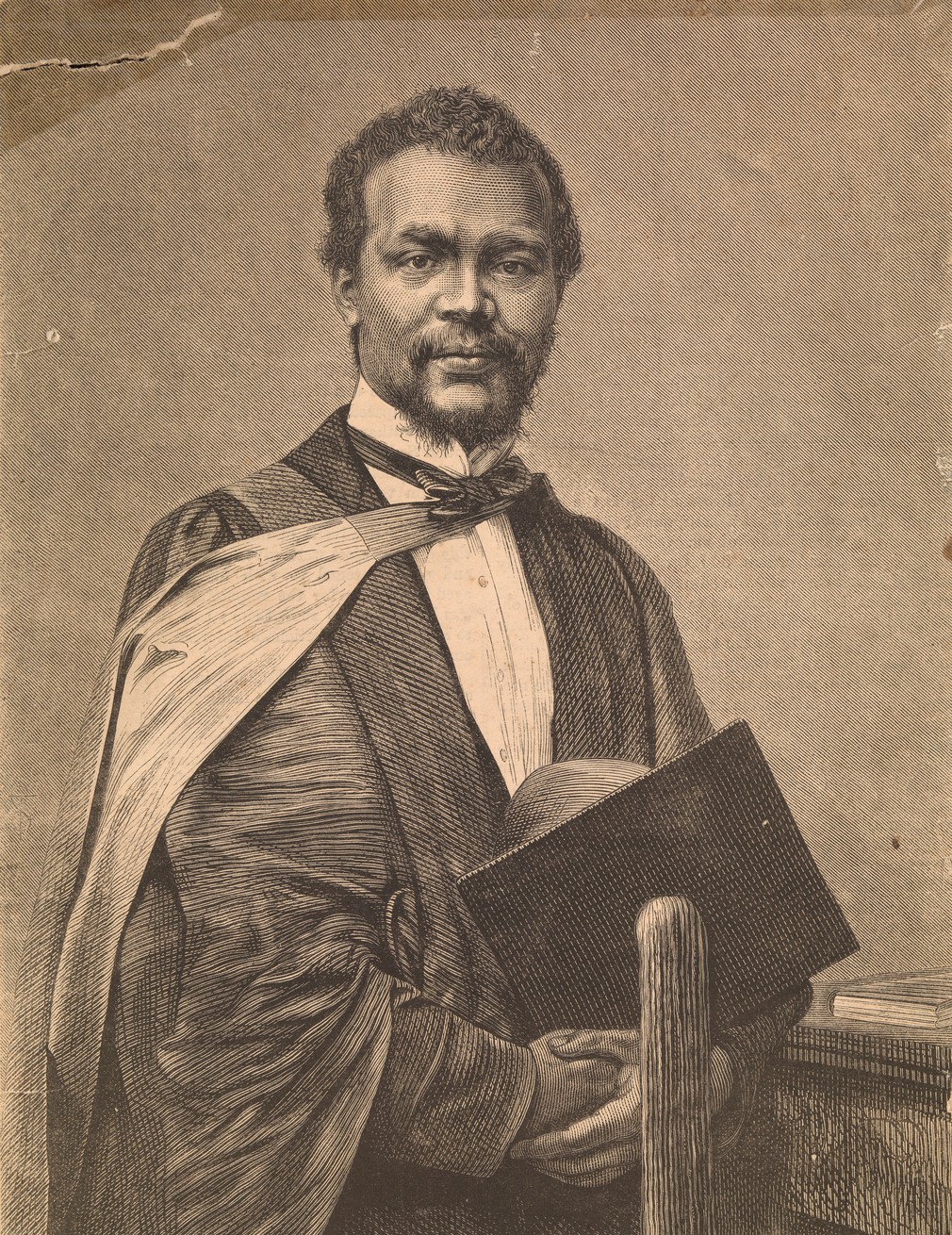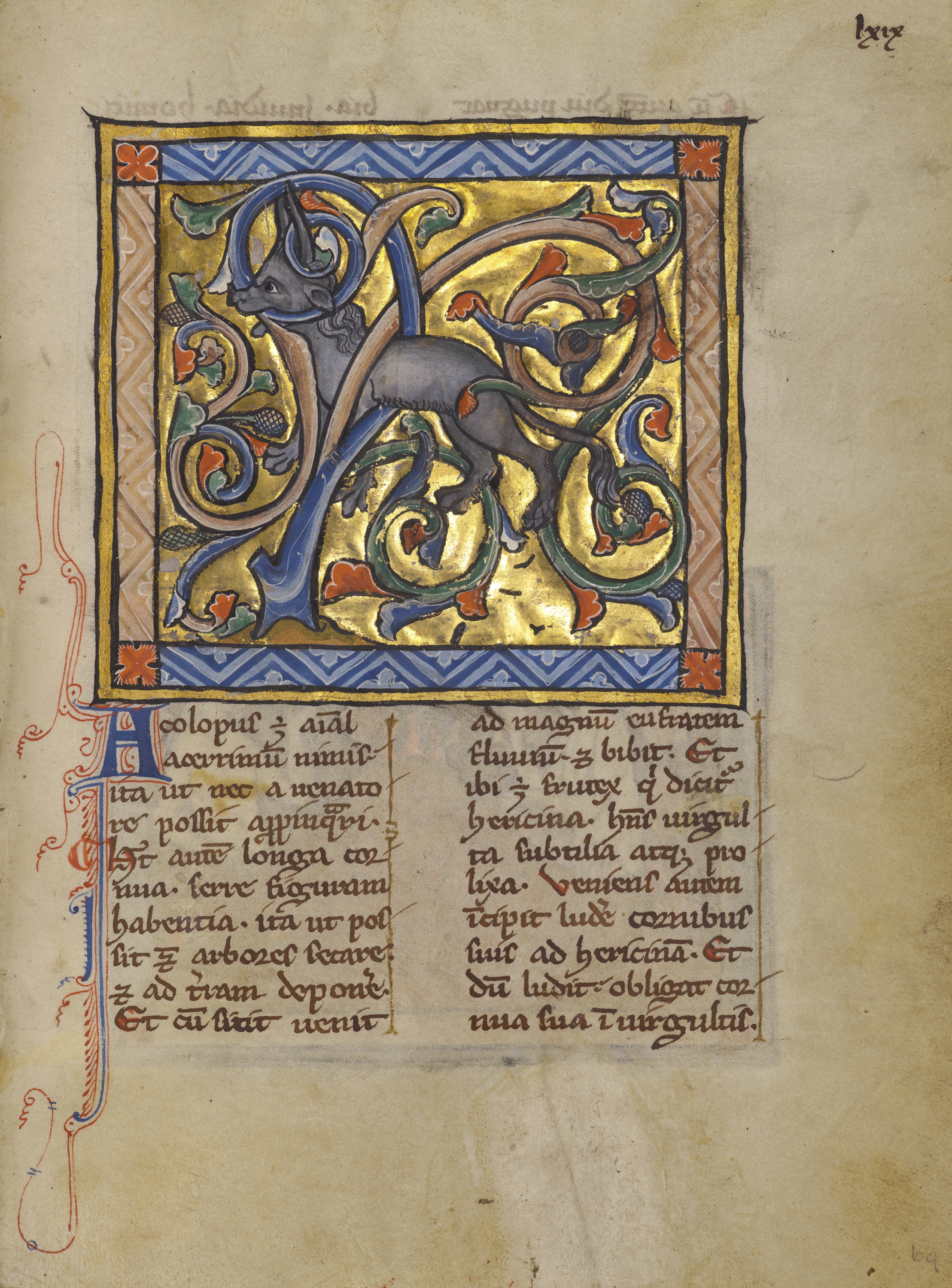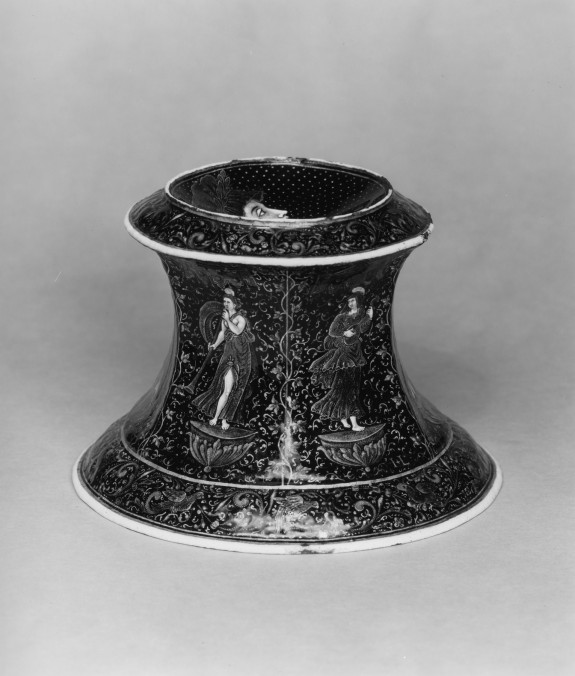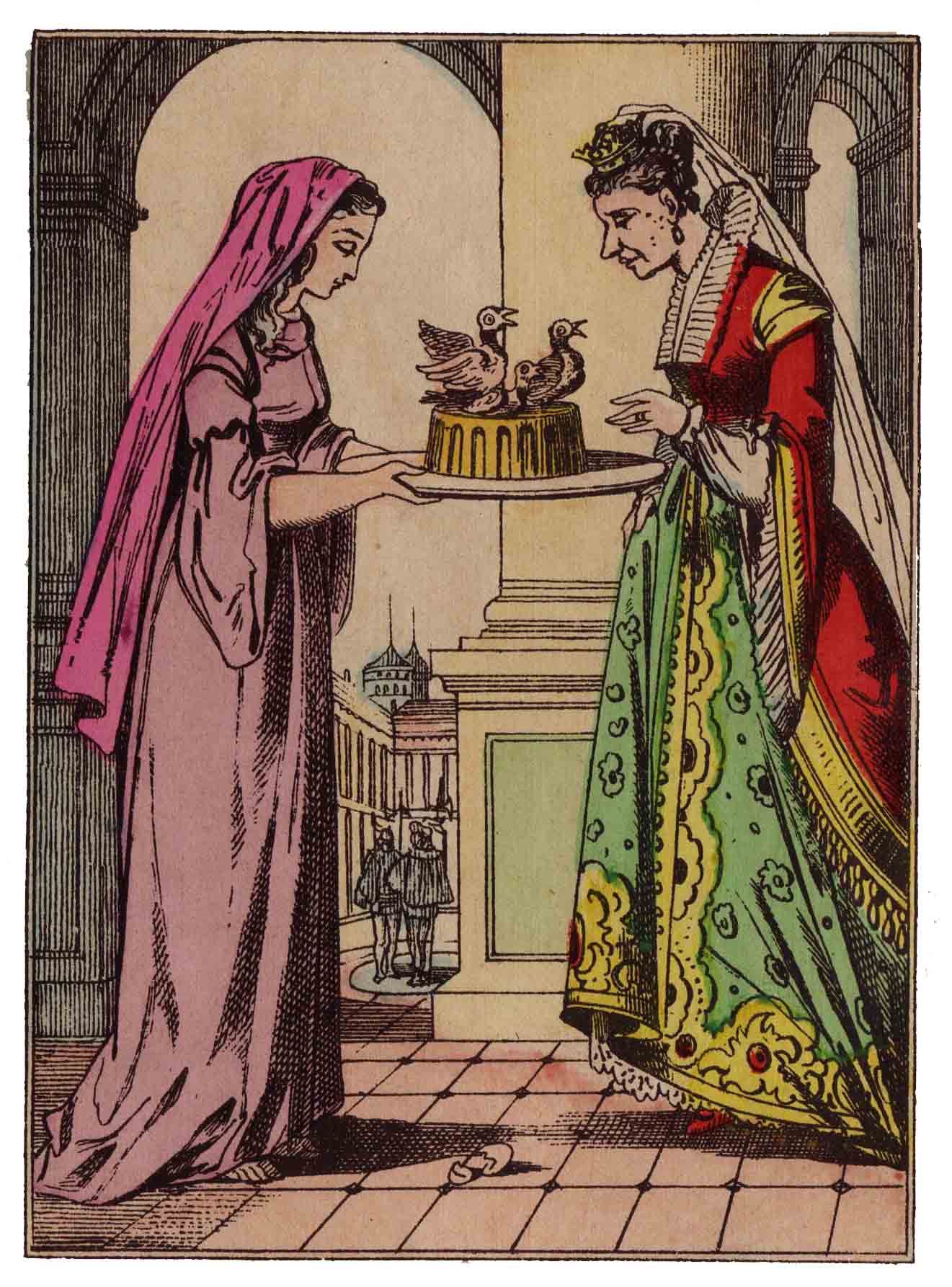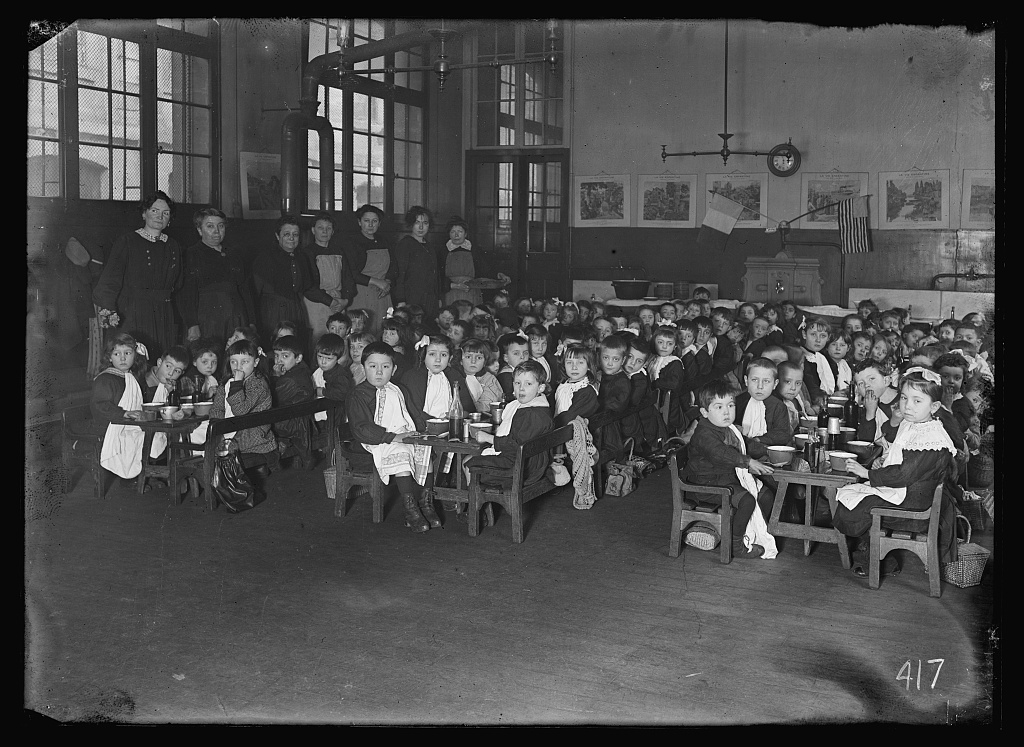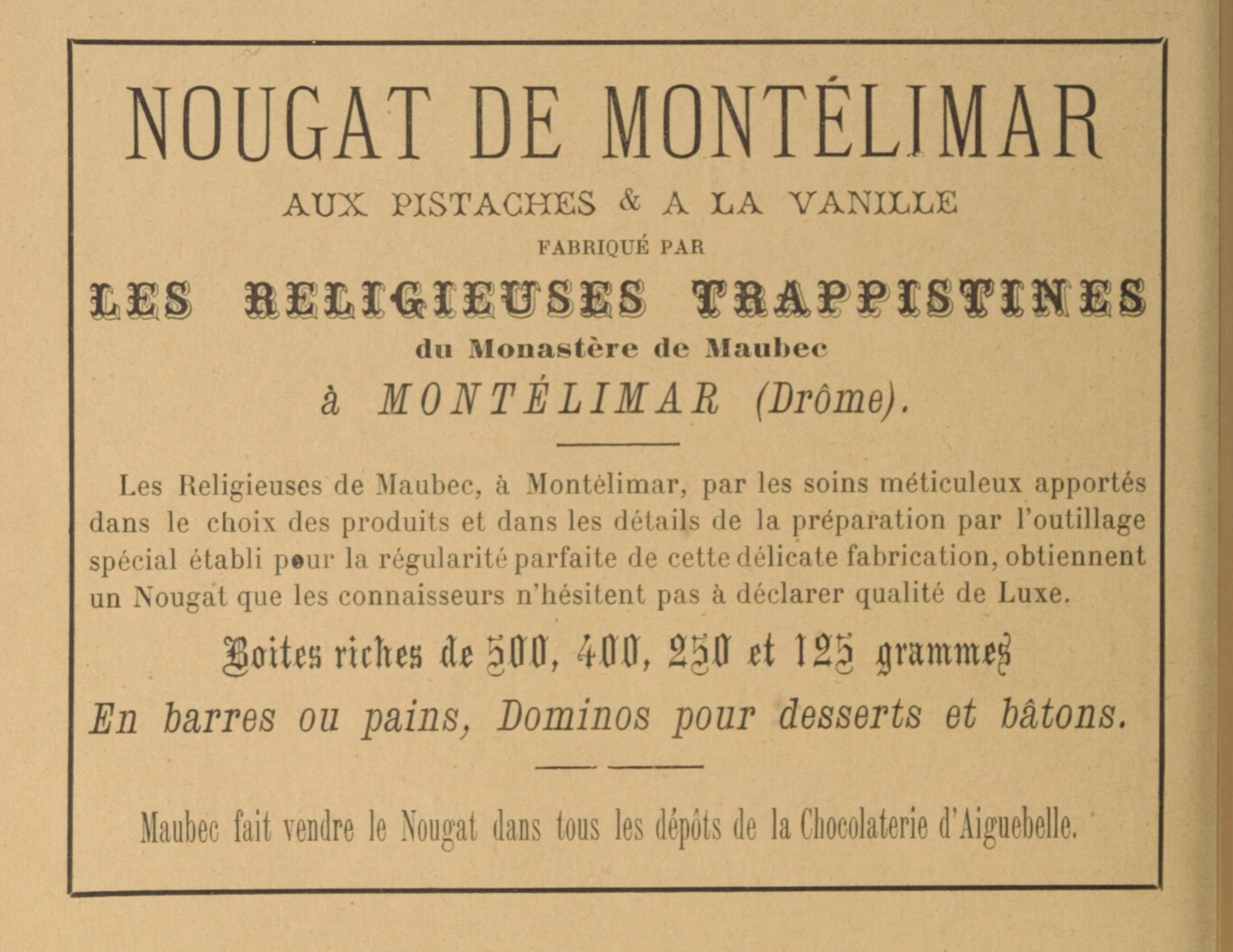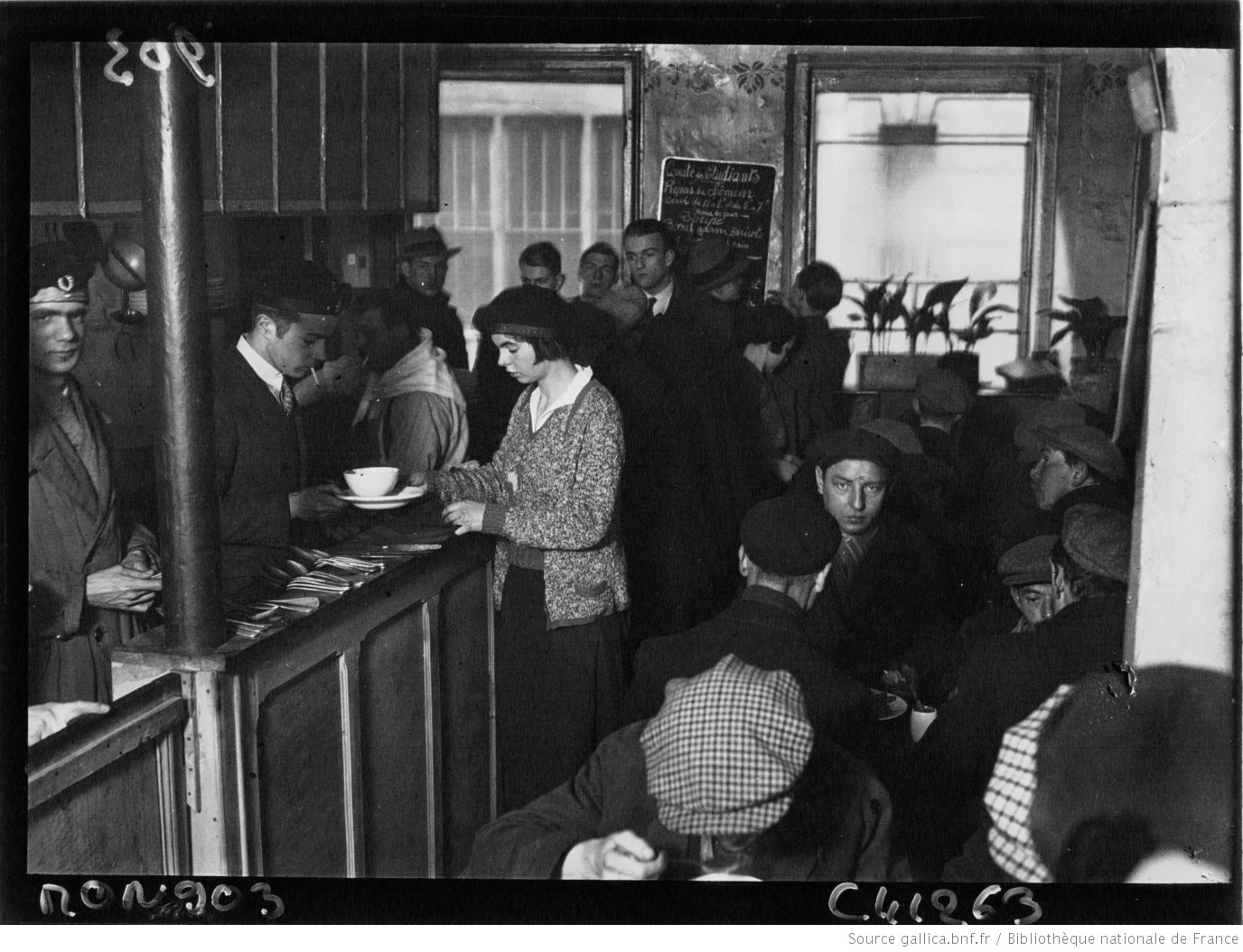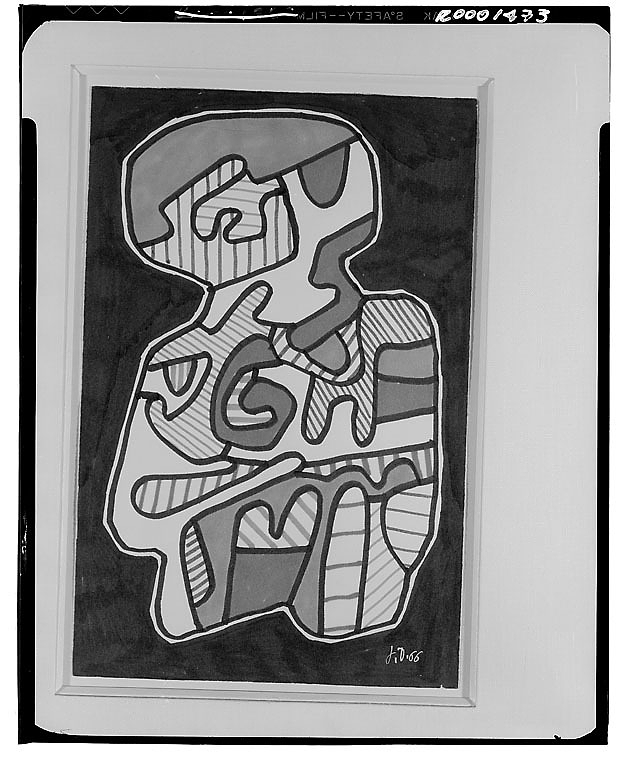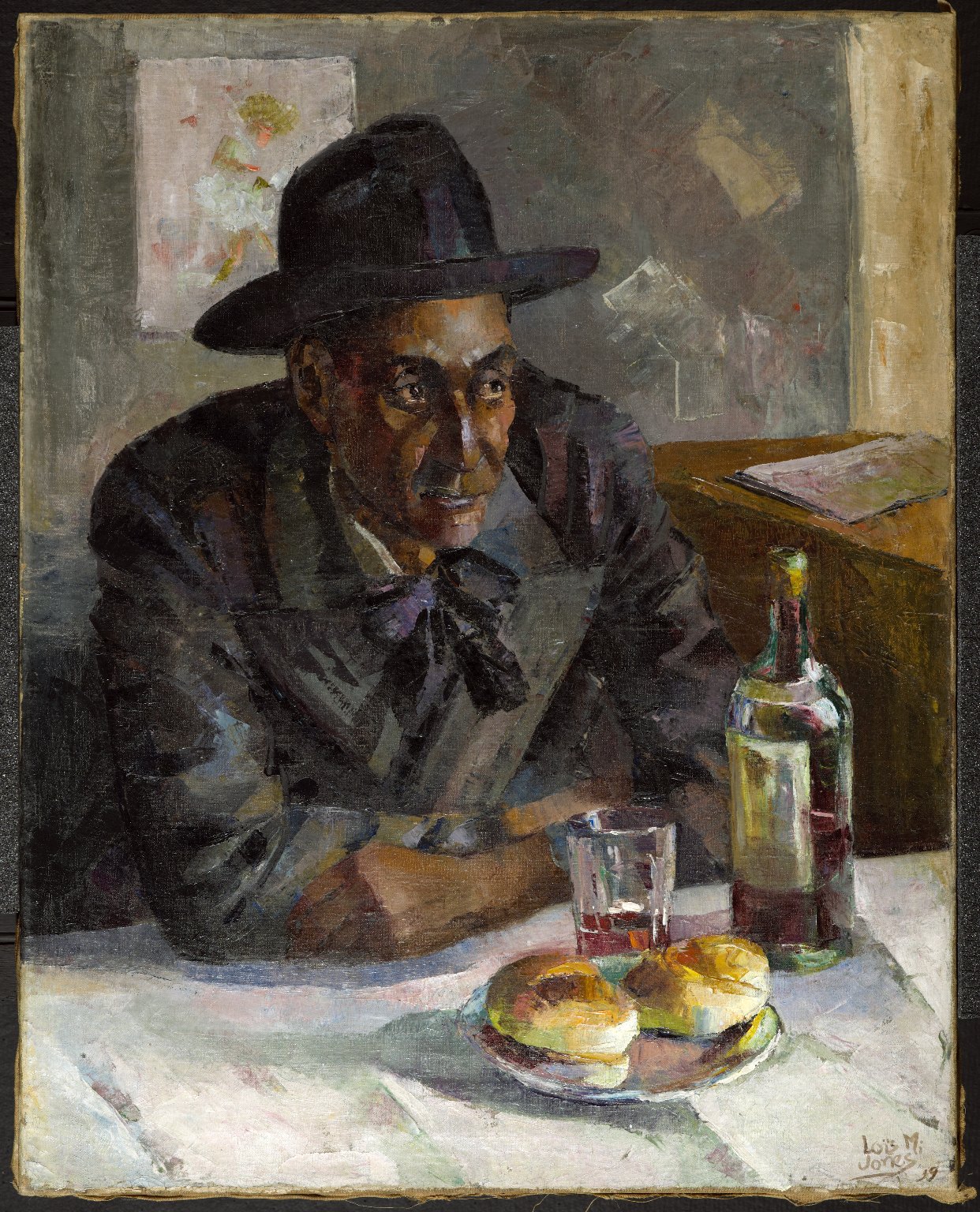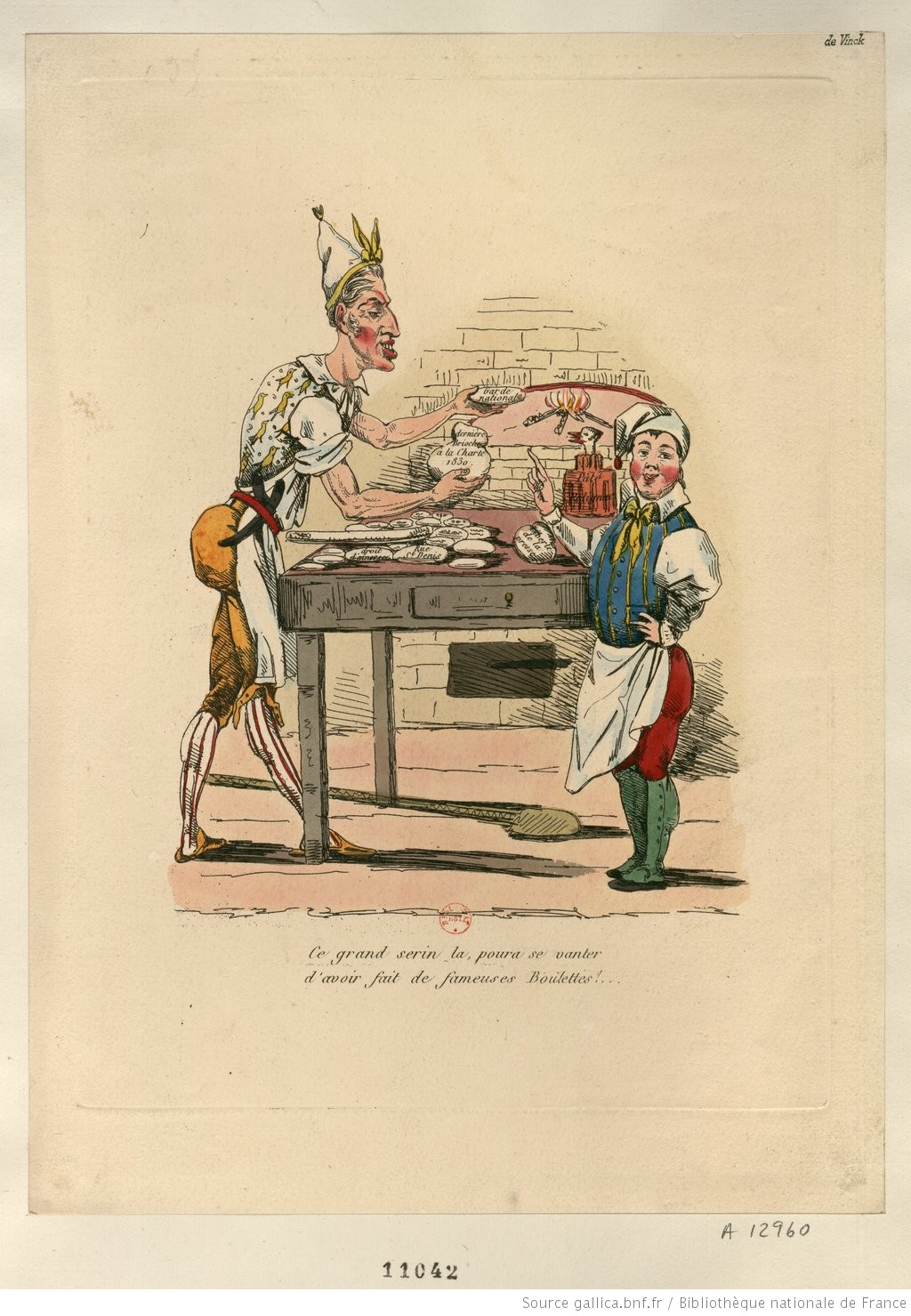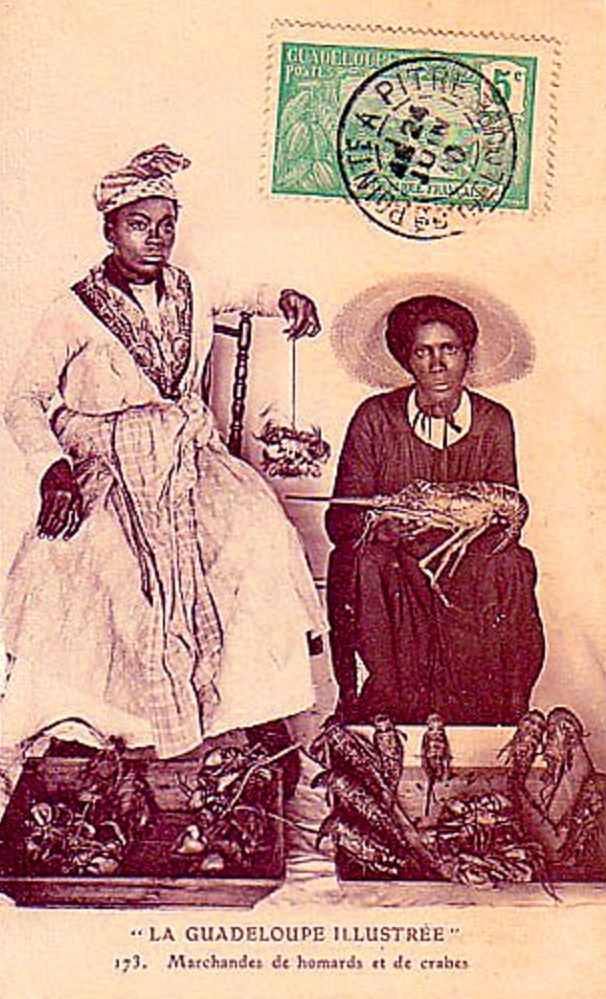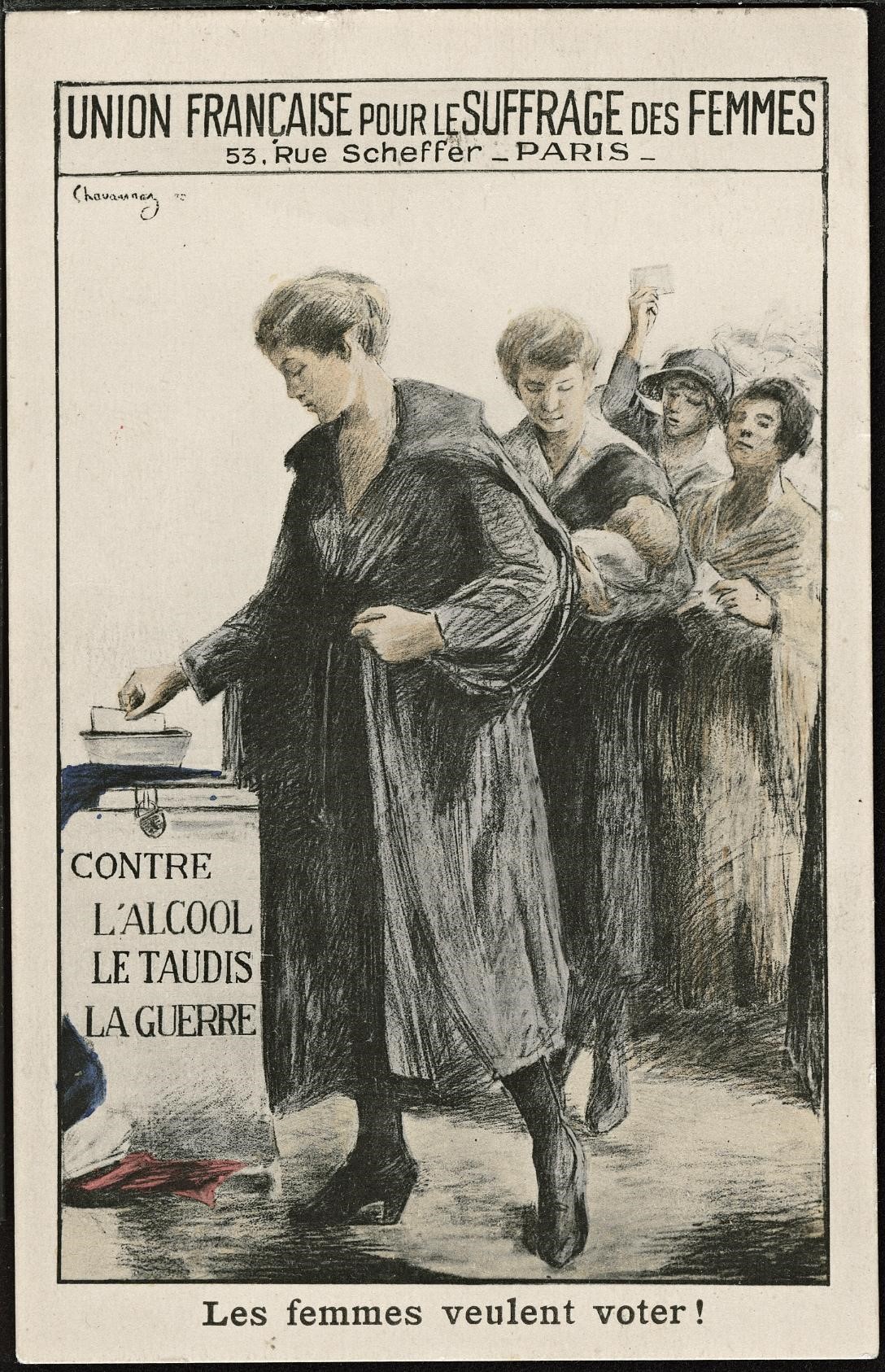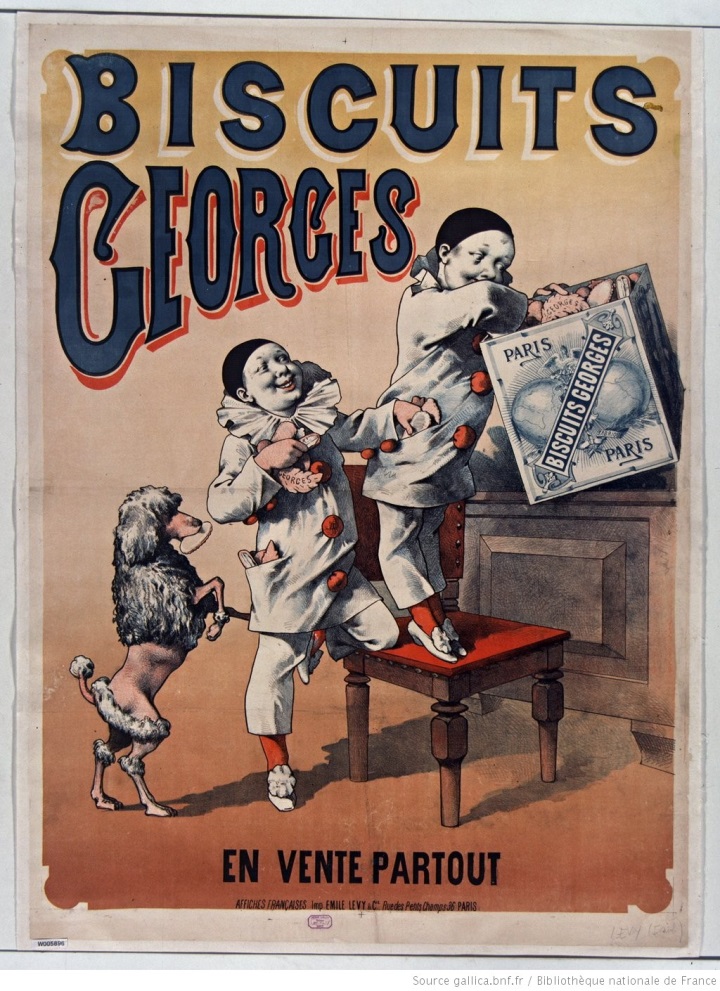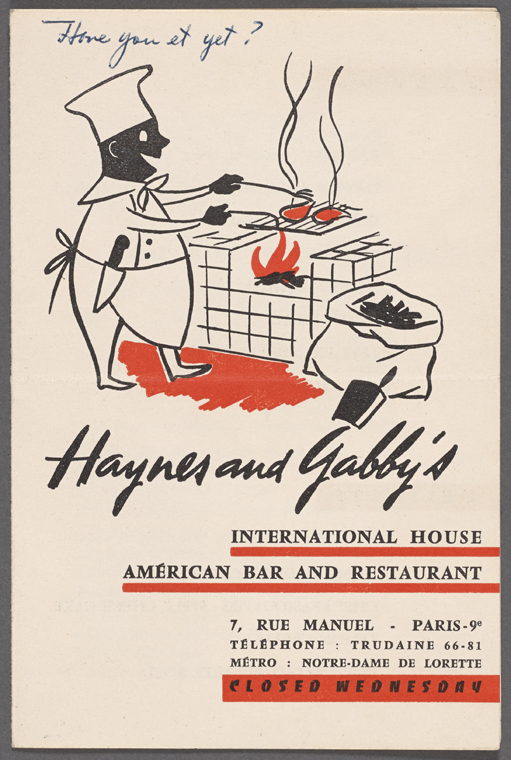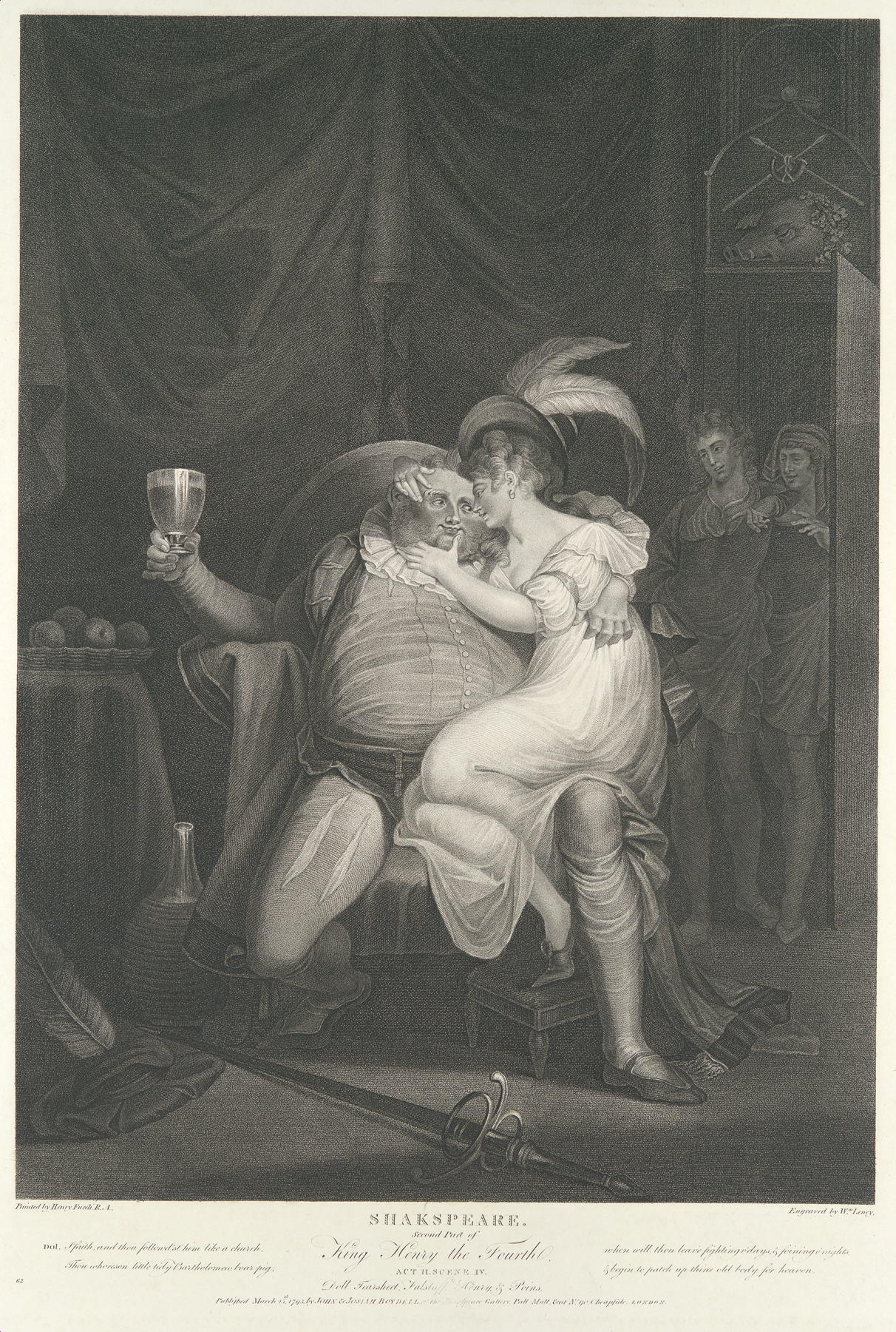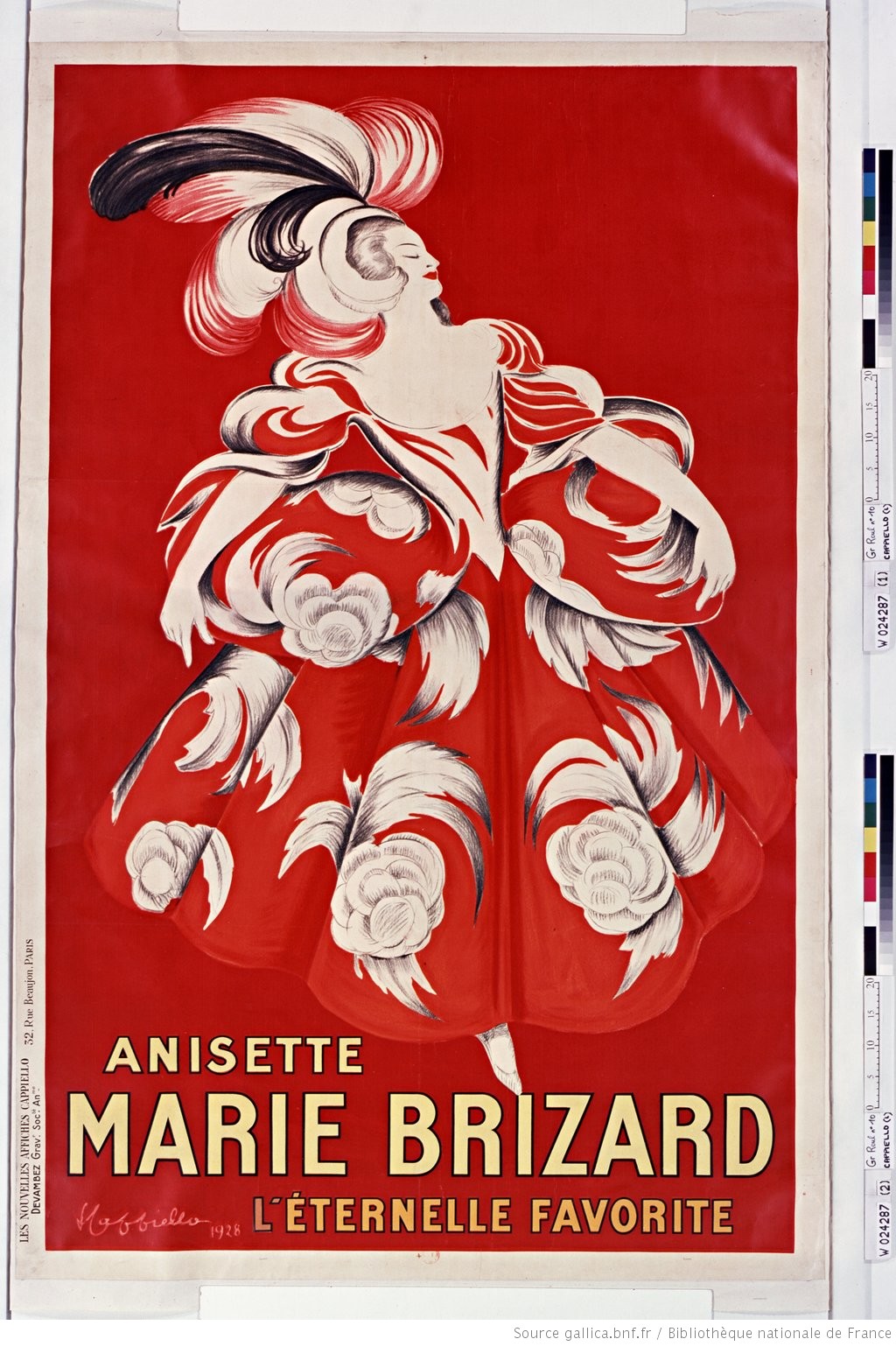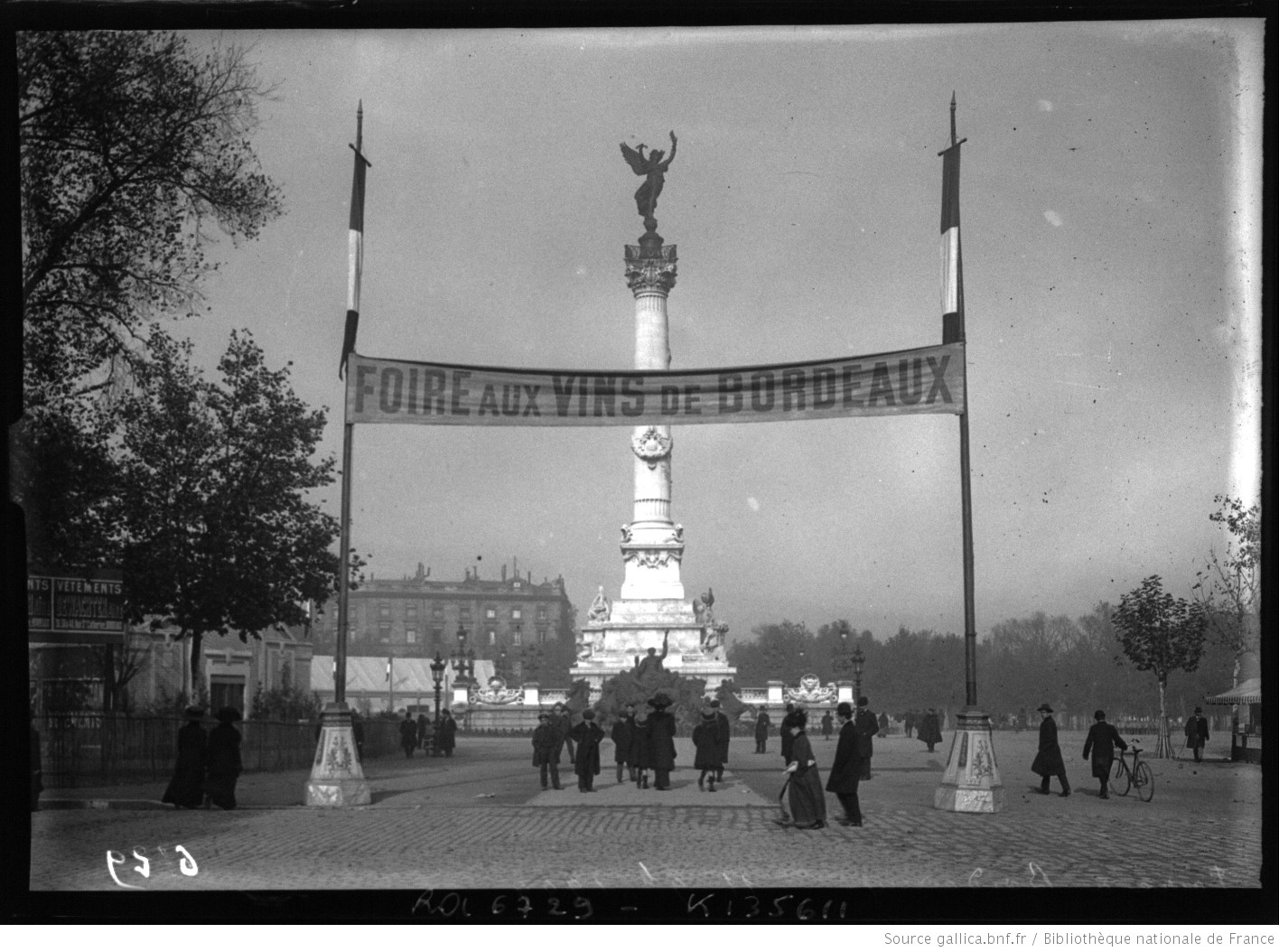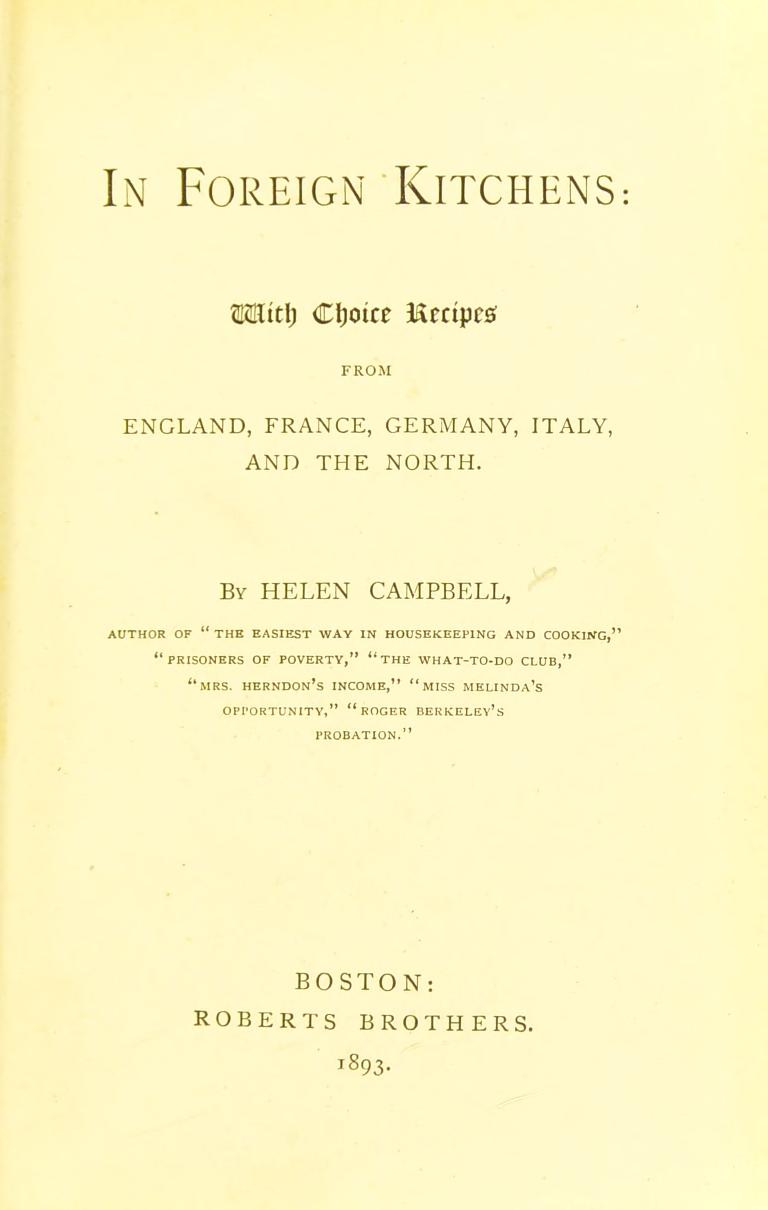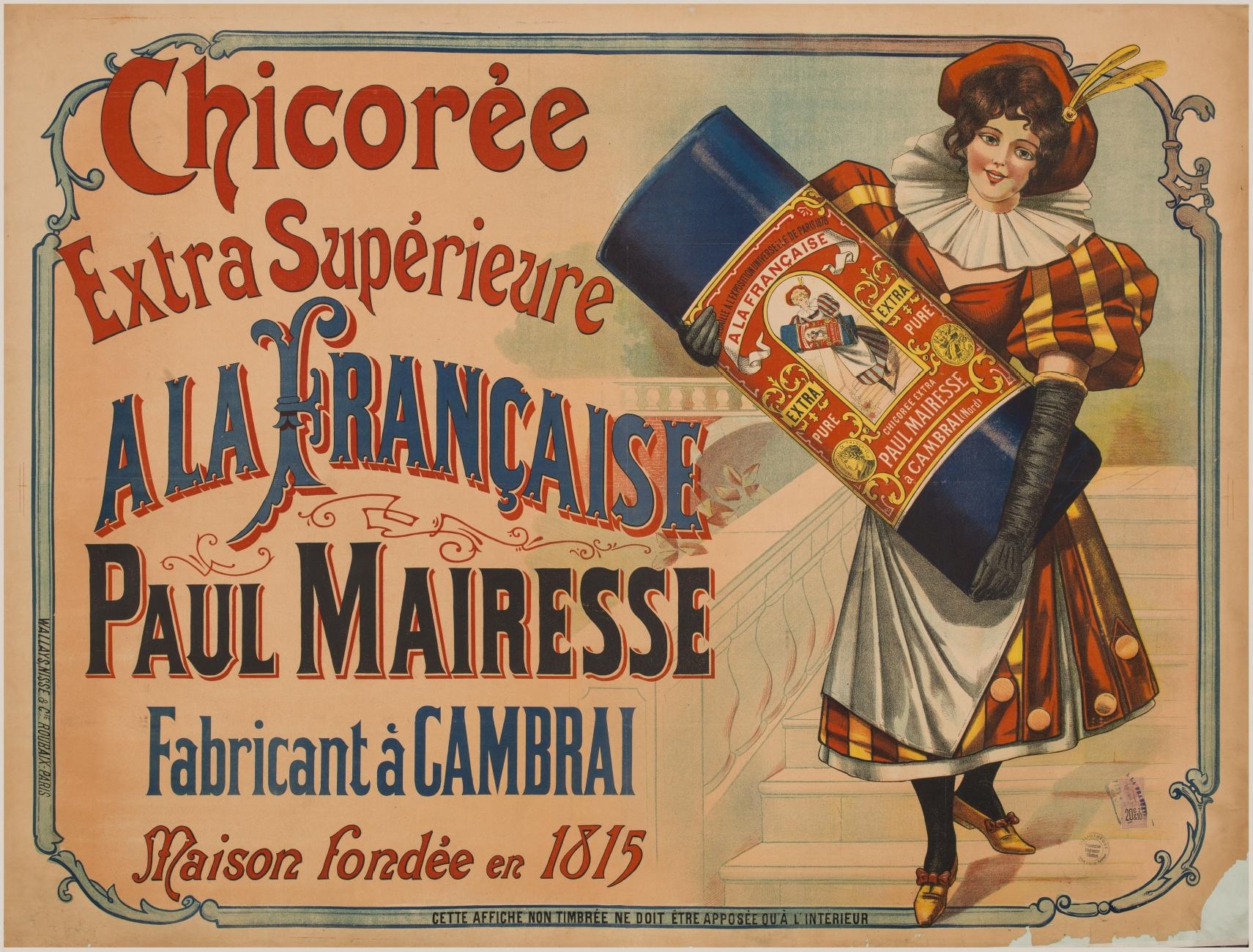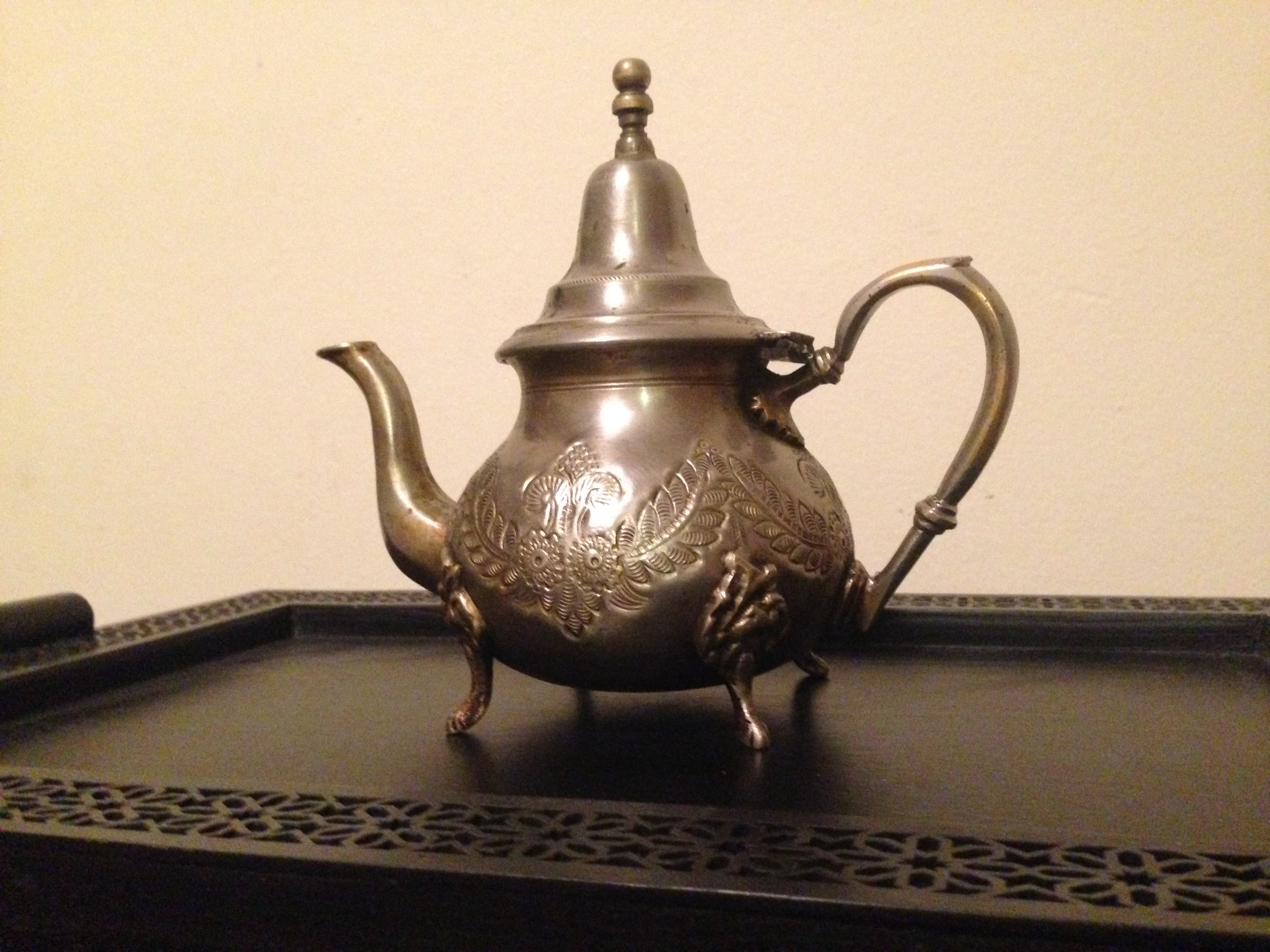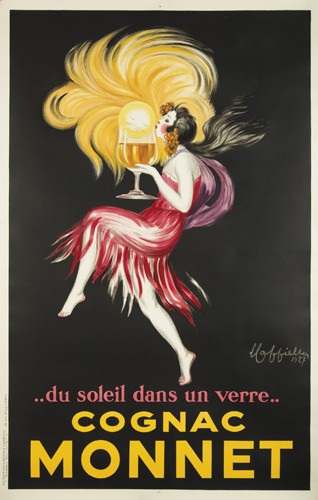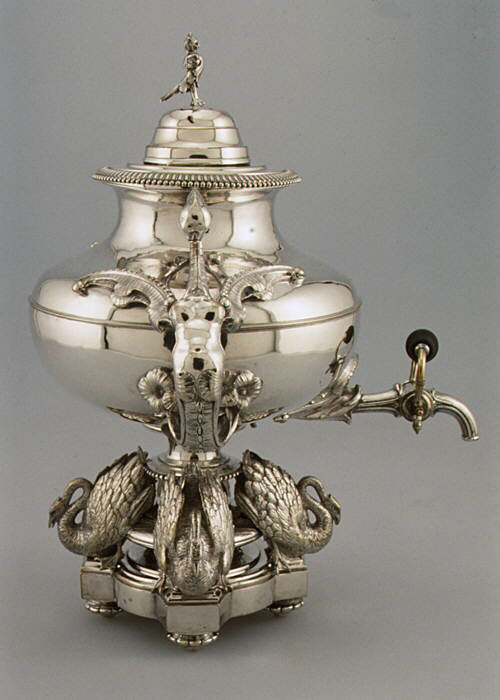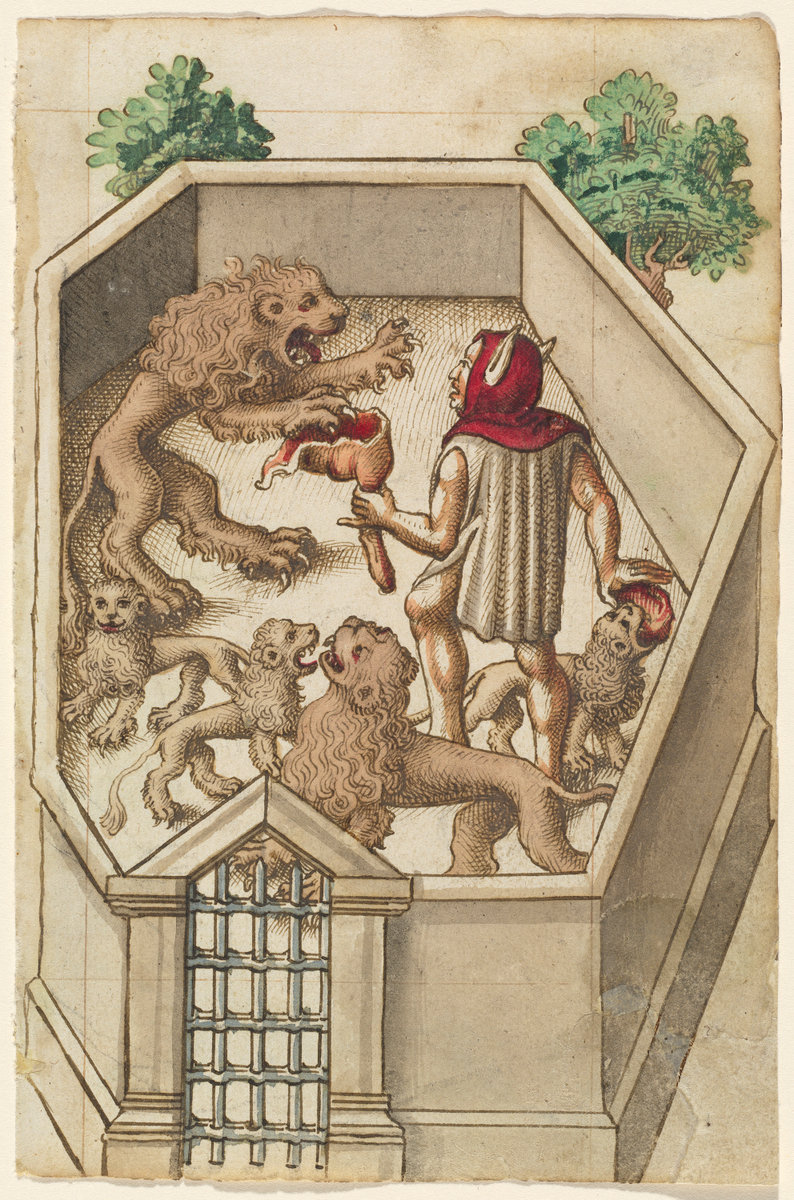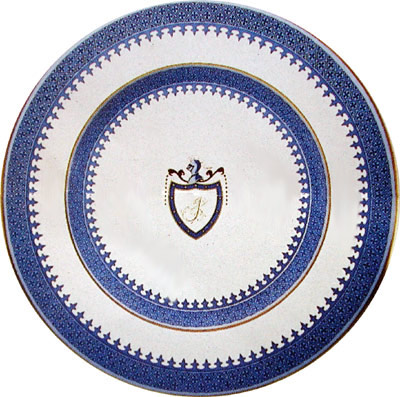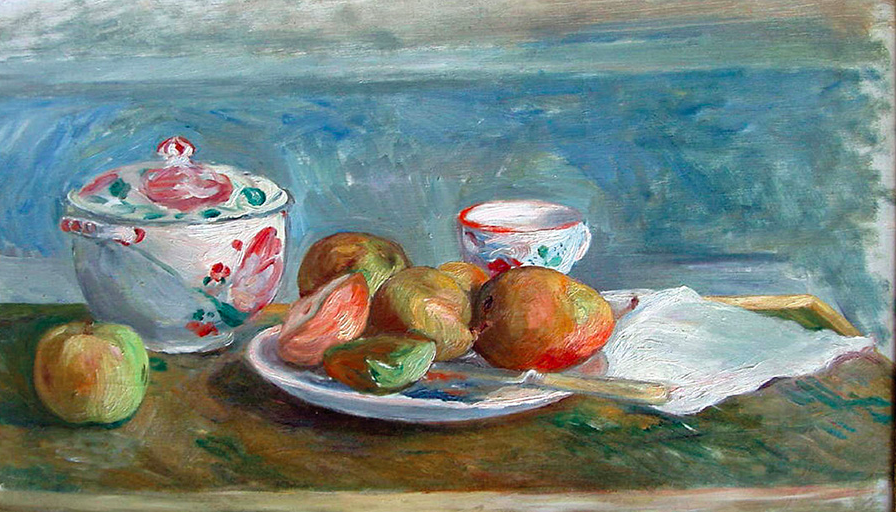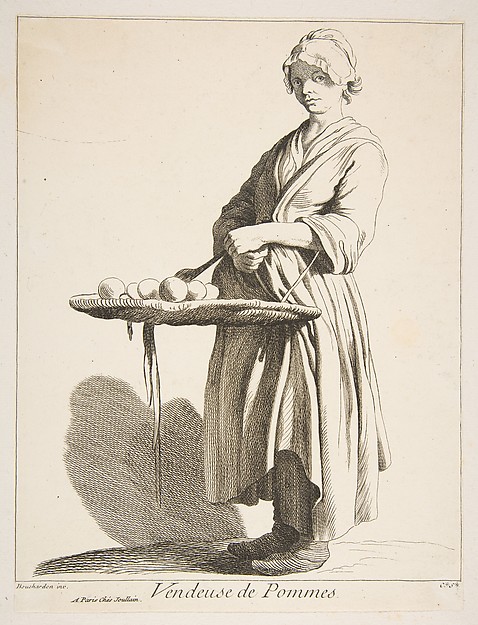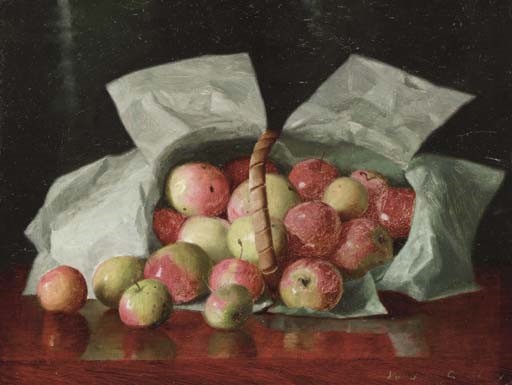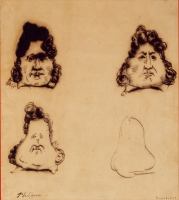Recent Events at the Henri Peyre French Institute
Find out moreVisit our Blog
Édouard Glissant’s Tout-Monde: Transnational Perspectives Symposium
Roquefort Cheese
As a child I was somewhat mystified by my mother’s liking for century eggs, a Chinese delicacy known also as thousand-year eggs or Ming Dynasty eggs or pi dan. I did not find them to [...]
« Celui qui ne veut pas travailler ne doit pas non plus manger »
In an 1895 drawing of the Prison de la Santé (Paris) appear the words “Celui qui ne veut pas travailler ne doit pas non plus manger”—part of a protestant temple was being used as the [...]
Conviviality and the Lack Thereof
Talking about books with his parents and siblings during meals was a great influence in the life of the poet and novelist Bernard Leclaire (b. 1959), as he noted in an interview for the website [...]
The Village’s Bread Baker Is Thirteen Years Old
Mobilization in France during World War I meant that villages could suddenly lose their only bread baker, among other essential workers. As it was not customary for anyone to make their own bread at home, [...]
Meringue and a Mystery
A painted plate made by the Sèvres Porcelain Manufactory would of course be well-designed, if not intriguing as well. Take for example the design called Les Meringues by Jean Charles Develly (1783 – 1849). In [...]
“Moroccan Sugar Loaves (II): Granulated or Not? The Question of Sugar in Driss Chraïbi’s L’inspecteur Ali” by Iziar de Miguel
Dans L’inspecteur Ali (1991), le narrateur Brahim Orourke est revenu d’un long exil en France et reçoit la visite de ses beaux-parents écossais pour voir sa femme Fiona qui est enceinte ainsi que leurs petits-fils. Brahim [...]
The Hippocrene and the Seine
Charlotte Bourette (1714-1784), whose sobriquet was La Muse Limonadière, ran Le Café Allemand (rue Croix-des-Petits-Champs, Paris) which was frequented by hommes de lettres. Her verse and prose were gathered for publication in 1755, and her [...]
Une tasse de café
Life, writers, and coffee—vast topics, yet all three cinched together can look like the following: in the 2007 book Mon père (textes inédits recueillis par Leïla Sebbar, coordonnés par Behja Traversac, mis en page par [...]
Poissarde, Pêcheuse
In eighteenth-century France a literary genre grew out of ridiculing and caricaturing women who sold fish at the market: le genre poissard. The women’s speech, manners, and social class were targeted. Fear and admiration of [...]
Dietary Advice from a Poet During an Epidemic
In a twenty-four-line poem about how one might survive the epidemic of 1373 that was ravaging western Europe, Eustache Deschamps (1346-1407) spends at least a third of the time mentioning which foods to consume and [...]
Old News and a Child’s Curiosity
How many of us would eagerly read a bit of newspaper that has been used to wrap food? All of us, ideally, if we had as voracious an appetite for reading as the writer Emmelie [...]
Food and Drink to Sway Voters
How to win an election: have a proven track record of work related to the position being sought, be eloquent about wanting to help your potential constituents, have integrity, hold townhall meetings, …or offer food [...]
A Change of Mind
From vehemently rejecting the French word “menu” to using the very same word matter-of-factly in the title of one’s book—much can change in a few years. In The Culinary Handbook: The Most Complete and Serviceable [...]
Donner à boire à un chat : Marguerite Gérard, la Prison Saint-Lazare
A cat being fed: would seeing images of this lead to curiosity about a women’s prison in Paris or about one of the few successful female painters from late eighteenth- and early nineteenth-century France? It [...]
« Hélas ! j’ai bu, vous croyant mes amis… »
In 1814 General Andrew Jackson urgently needed more soldiers in order to be able to fight off the British who were trying to take New Orleans. On September 21st he appealed to the freemen of [...]
Epidemics and Eateries
Seeing cafés and other eateries closed for weeks on end from Paris to New York City because of the COVID-19 pandemic can be unsettling, but there is some reassuring aspect to knowing that similar precautions [...]
From Buttered Bread to Bravery
Ingesting vinegar-soaked sorrel or medicinal lemon syrup may or may not be of much help in times of plague, whereas “Le courage, le sang-froid, la frugalité, sont les meilleurs préservatifs"— this proposal is found on page 330 of [...]
Where to Begin
Tchékam. San-Phao. Kouang-Tchéou-Wan. Tsamkong. Chamin/Shameen. I have heard of these place names since childhood, blissfully unaware that they were part of the French Concession circa 1899 to 1946 (France had started occupying part of Chamin/Shameen [...]
Boycotting Sugar Produced by Enslaved People
“Dr. Knowles, a physician of worthy character in London, had occasion to recommend a diet to a patient, of which sugar composed a material part. His patient refused to submit to his prescription, and gave [...]
« Quelque grain à l’oiseau, pour qu’il chante en sa cage »
If one comes across a couplet and a painting that, each in its own way, bind together food, power, exchange, identity, death, and birds, for starters, then why not invite others to reflect on such [...]
French Plates
It is the second half of the nineteenth century in France, and you are purchasing plates, dishes, or bowls made by Joseph-Théodore Deck (1823-1891), a renowned ceramist. What might those French wares look like? Well, [...]
And He Also Fed the French
During the Franco-Prussian War (July 19, 1870 - May 10, 1871), a physician by the name of Christopher James Davis (1842-1870) from Saint Bartholomew’s Hospital in London went to Sedan, France because he wanted to [...]
Château XYZ
Château Tour Saint-Pierre was renamed Château Lapin d’Or. Château Larteau was renamed Château Lapin Impérial. Château Senilhac was renamed Château Antilope Tibétaine. Château Clos Bel-Air was renamed Château Grande Antilope. These wine estates in the [...]
This Thing Called Words
[…] et quant a parler de tout le bien qui ou dit livre puet estre noté, certes trop plus de vertueuses choses, mieulx dictes, plus auttentiques et plus prouffitables — mesmes en politiquement vivre et [...]
Hunger Strikes
For what cause or reason might someone go on a hunger strike? In 1966 Pierre Vallières (1938-1998) and Charles Gagnon (1939-2005) held a hunger strike in front of the United Nations in New York [...]
« Madame, répliqua Florine, je mange des astrologues, des musiciens et des médecins. »
Extrait du conte « L’Oiseau bleu » (1697), Madame d’Aulnoy (1650-1705): [...] « Quoi ! Ce barbare est devenu sourd à ma voix ? disoit-elle. Il n’entend plus sa chère Florine ! Ah ! [...]
American Food in the 1918 Diet of Parisian Schoolchildren
In 1918 the American Red Cross tried to improve the diet of schoolchildren in impoverished parts of Paris. This project began after Dr. John B. Manning, who was working at a Rockefeller Commission dispensary in [...]
A Student-Run Soup Kitchen in the Latin Quarter
University students in Paris during the Great Depression took the initiative to open a soup kitchen in the Latin Quarter even though they themselves neither did the cooking nor had enough money. Part of their [...]
James McNeill Whistler and Loïs Mailou Jones
Parisian eateries play an interesting part in an etching by James McNeill Whistler (1834-1903) and in a painting by Loïs Mailou Jones (1905-1998), two American artists who had spent a considerable amount of time in [...]
Brioche as Blunder
Brioche as a pastry appeared in French texts as early as 1404; brioche as blunder began to be noted in texts around 1823. In the book Le pont neuf : poëme héroïque et badin, en [...]
Crab and Guadeloupe
Around eighty percent of the food items for consumption in current-day Guadeloupe are imported, mostly from France. One item that sidesteps this domineering situation is crab, which has an interesting history. During the 18th [...]
Alcoholism and Women’s Suffrage
Women in France did not have the right to vote until 1944. Arguments for women's suffrage included the idea that France would be better able to fight its growing problem of alcoholism if women were [...]
In Paris but Dreaming of Food from Elsewhere
Preferring a type of food other than French is not all that unthinkable, even if one does happen to dine regularly with Louis XIV, as can be seen in the writings of his sister-in-law Charlotte-Elisabeth [...]
Shakespeare’s French Pears and Claret
France embraced works by William Shakespeare (1564–1616) after Voltaire (1694-1778) became enthusiastic about them in the 1720s, and the English have long embraced French food, so it should not cause much of a kerfuffle to [...]
Thomas from the Antilles
France’s first anisette able to rival that of old houses from Amsterdam such as Lucas Bols (founded in 1575) and Wynand Fockink (founded in 1679) was the anisette produced by the 1755 company Marie Brizard [...]
Wine Regions and Climate Change
What happens when a wine-producing region is affected by climate change? Below is a sampling of what has been reported in the past five years: eleven articles and two podcast episodes listed in reverse chronological [...]
Sharing the Stage
Books that put French cooking on a pedestal abound from the seventeenth century to the present day, but what of books in which French cooking shares the stage with recipes from other countries? Except for [...]
“Rayt . . . or Wright: Why Moroccan Teapots Look British” by Iziar de Miguel
By the end of the nineteenth century, metalwork made in Europe began competing with the local production of Morocco. European merchants started to sell objects inspired by the local craftsmanship from the North of Africa. [...]
Food vs Words
Whether words are more important than food or vice versa — interesting stances about this have been taken. The following are a few examples. Bon appétit ! I. Food 1. Je vis de [...]
Tea with a Spot of Gallic Flair
Tea being made into a French drink almost as if by the sheer attitude of the fashionable crowd— that is a notion suggested in a number of magazines and newspapers during the early 1900s in [...]
Do Not . . .
Around 1512/1514 in France an illustrated manuscript seemingly made for the heir apparent to the crown shows a number of sayings that use food as a way to talk about morals. At the time, François [...]
At the White House: Honoré Julien, Edith Hern Fossett, and Frances Gillette Hern
April 3, 1807 was a regular workday for the chef Honoré Julien (1760–1830) and his assistants Edith Hern Fossett (1787-1854) and Frances Gillette Hern (1788-after 1827), both of whom were enslaved. When they were preparing [...]
“A Very Sweet Present: Moroccan Sugar Loaves” by Iziar de Miguel
In Morocco sugar loaves are offered on the occasion of a marriage proposal (two sugar loaves), weddings, births, or visits to persons celebrating their return from the pilgrimage to Mekka. It is said that sugar [...]
Marmelade: La Fontaine, Zola, Verlaine, Sartre, Sand, Sade, Céline
Jam on bread can be comforting, routine, pleasant, appetizing, or too sweet. We step into different territory, however, when we look at the French word marmelade as it has been used in figurative ways by [...]
Compotier
The compotier (a generally long-stemmed dish or bowl for serving dessert or uncooked fruit) has been reworked in exceptional ways by Pierre Reverdy (1889-1960), Juan Gris (1887-1927), Marcel Mültzer (1866-1937), and Louis Comfort Tiffany (1848-1933). [...]
Pears and . . . Ladies High Fashion? Mais oui !
Pear trees were a distinguishing feature of aristocratic gardens in France during the fifteenth century, but it was under the reign of Henri IV that this luxury fruit became even more prominent. When the Edict [...]
Peasant Women Selling Apples
Apple Marys and Apple Annies were women so nicknamed when they sold apples on the street as a way to eke out a living in New York City and other US cities during the late [...]
Lady Apples and the Big Apple
Is the borough of Queens in New York City really that much less interesting than Manhattan? Not if you know that the Huguenots who had settled in colonial Flushing (present-day parts of Queens and Long [...]
Perilous Pears Pickled, Please: Philipon and Louis-Philippe I
The pear motif in caricatures of King Louis-Philippe I (1773-1850) that were drawn by Charles Philipon (1800-1862) and his fellow caricaturists has been analyzed by critics from many angles, but an approach that seems not [...]
